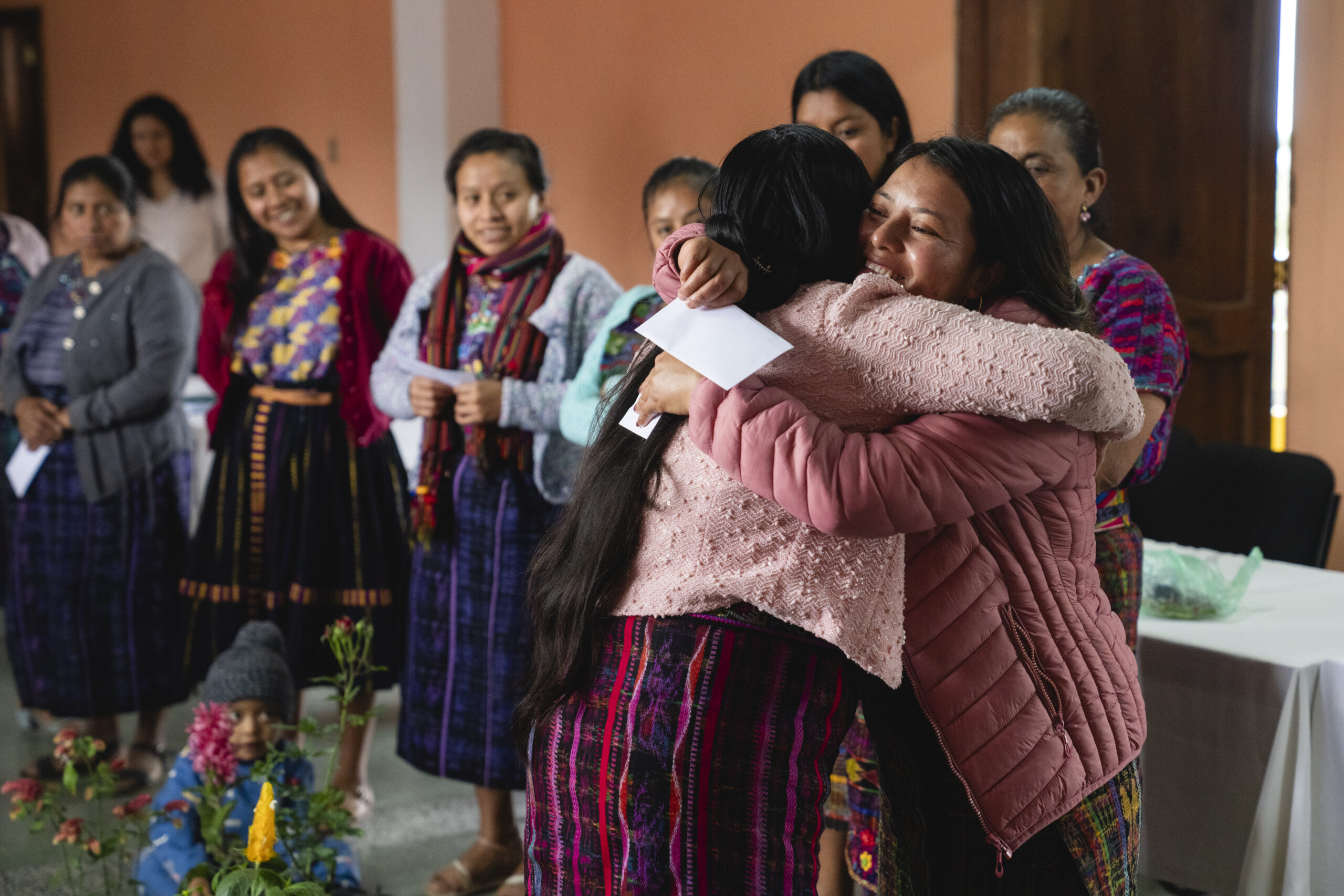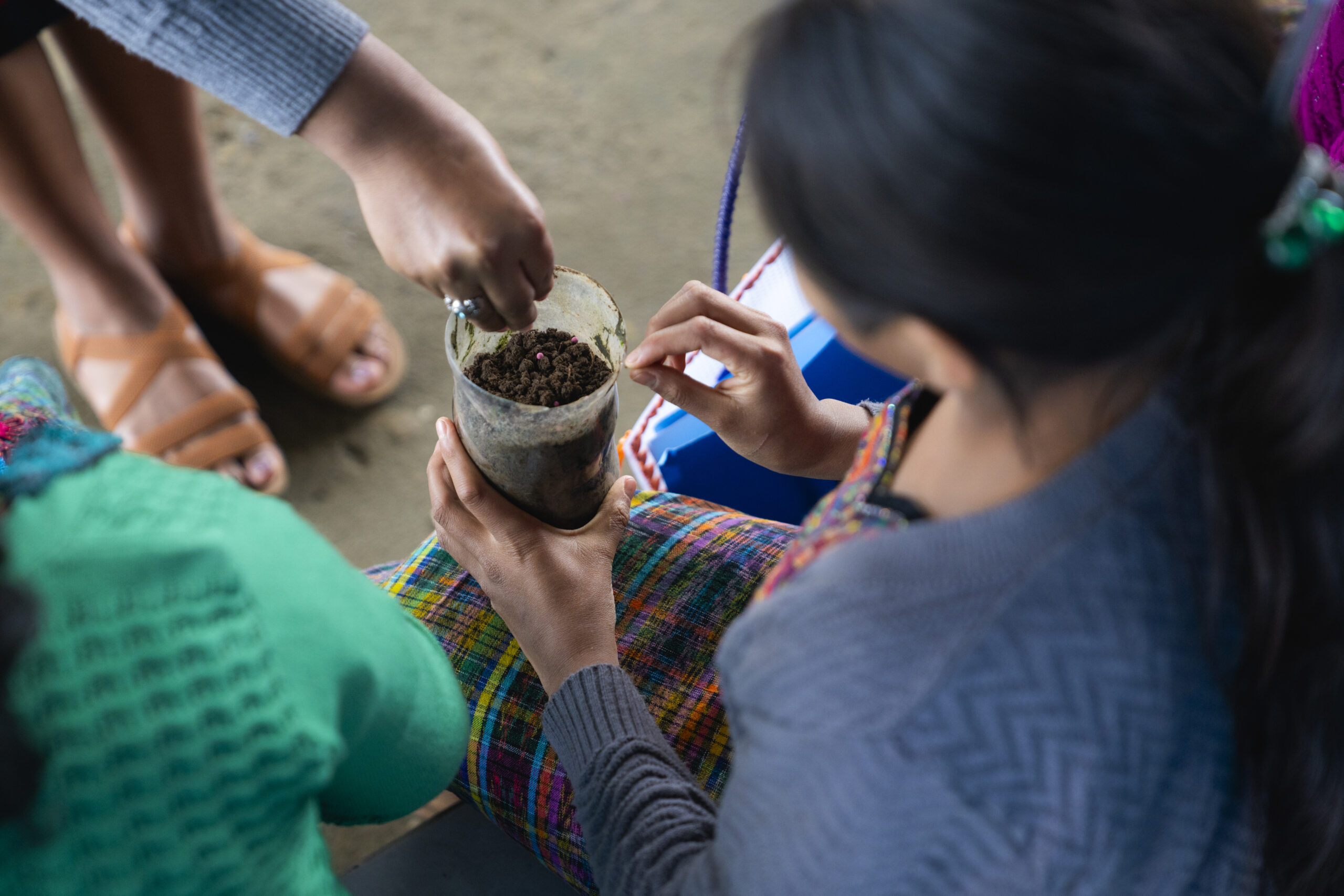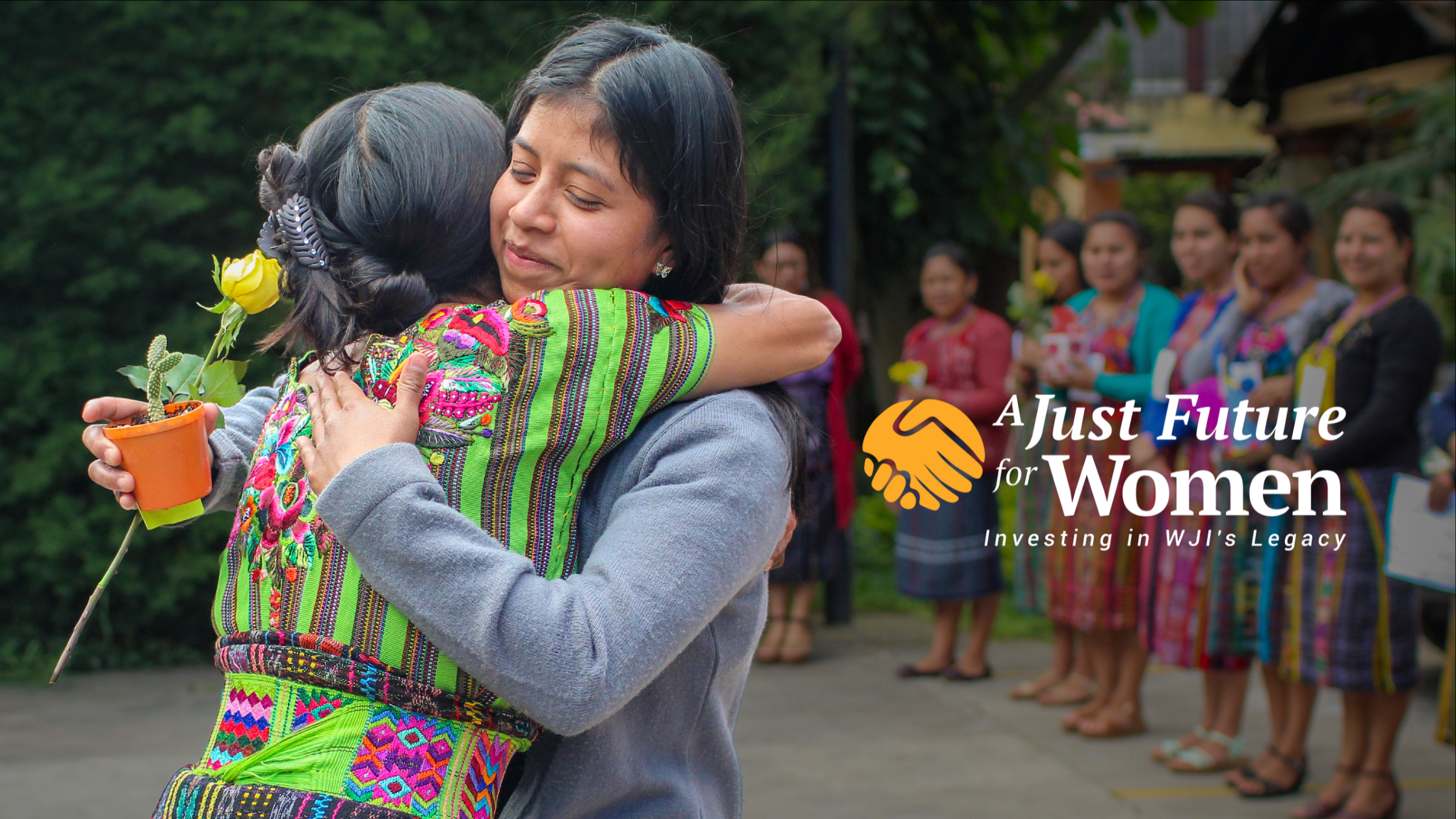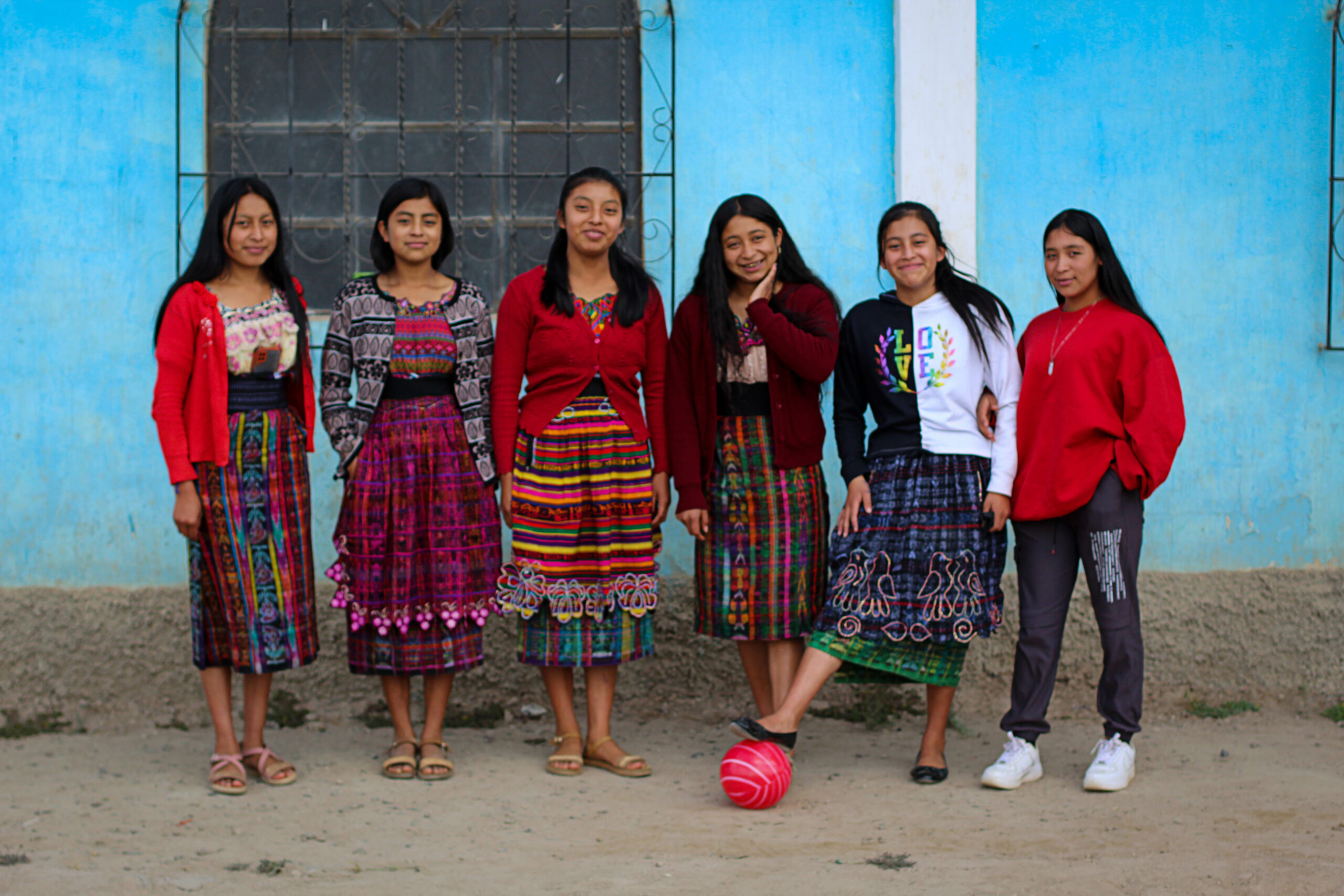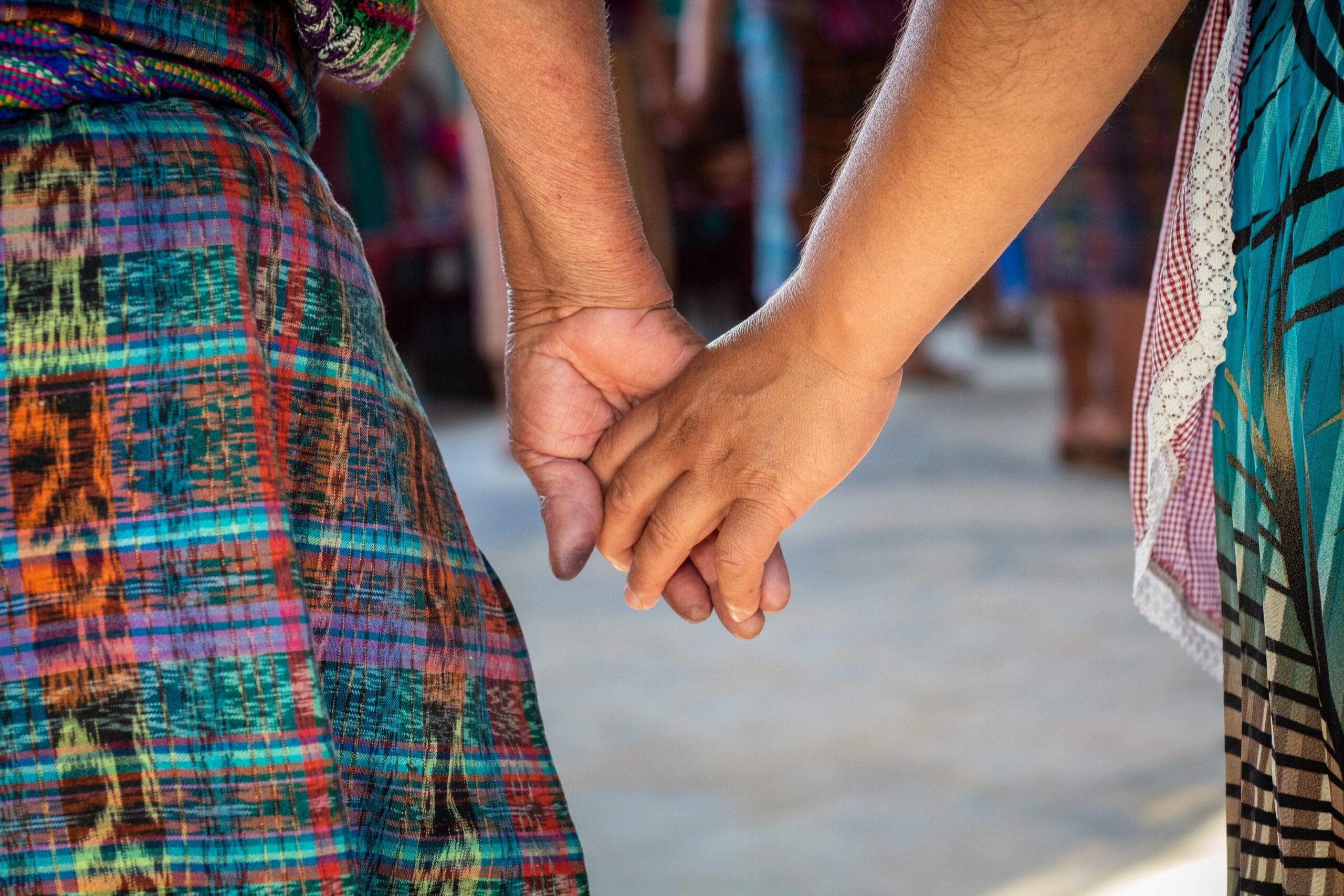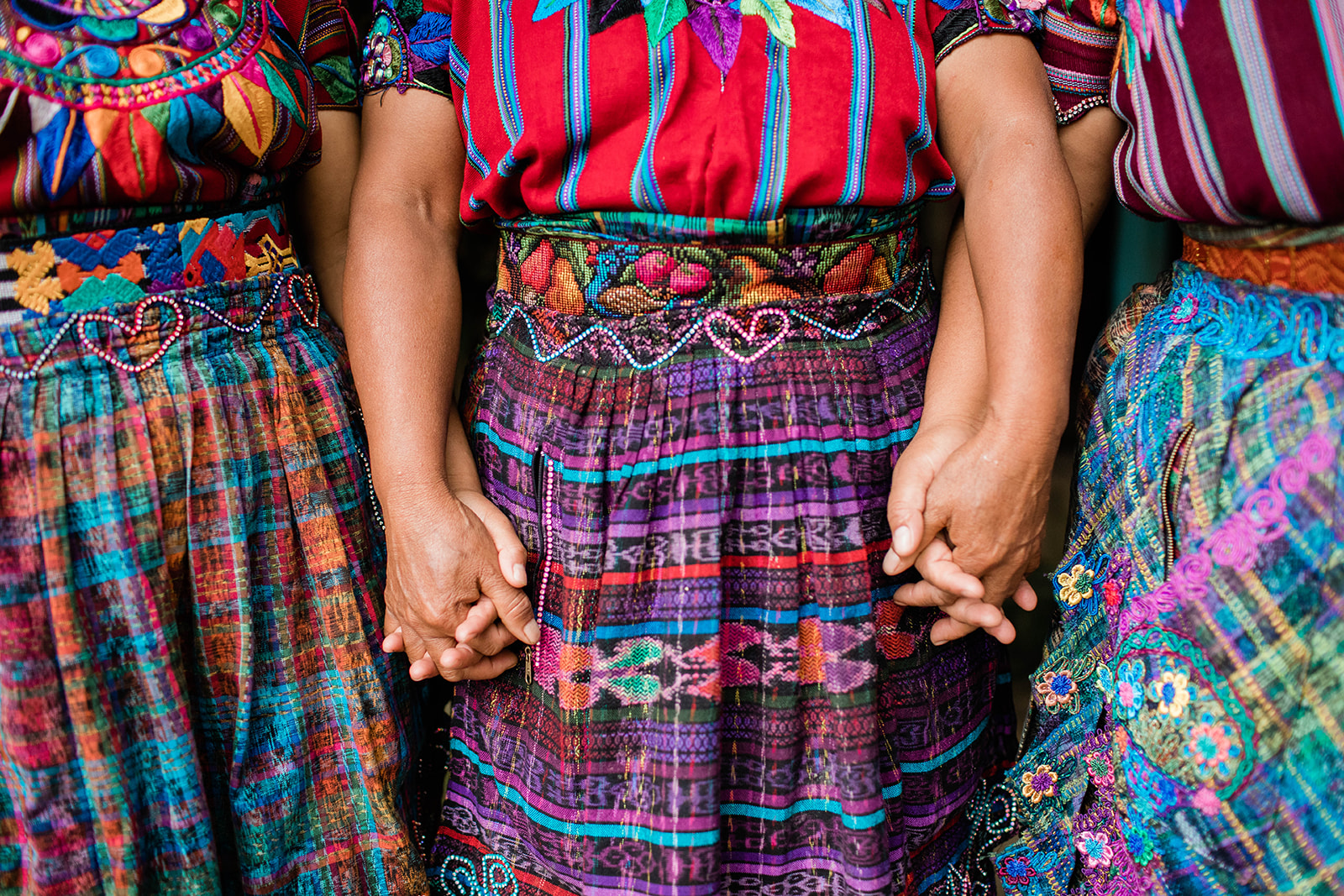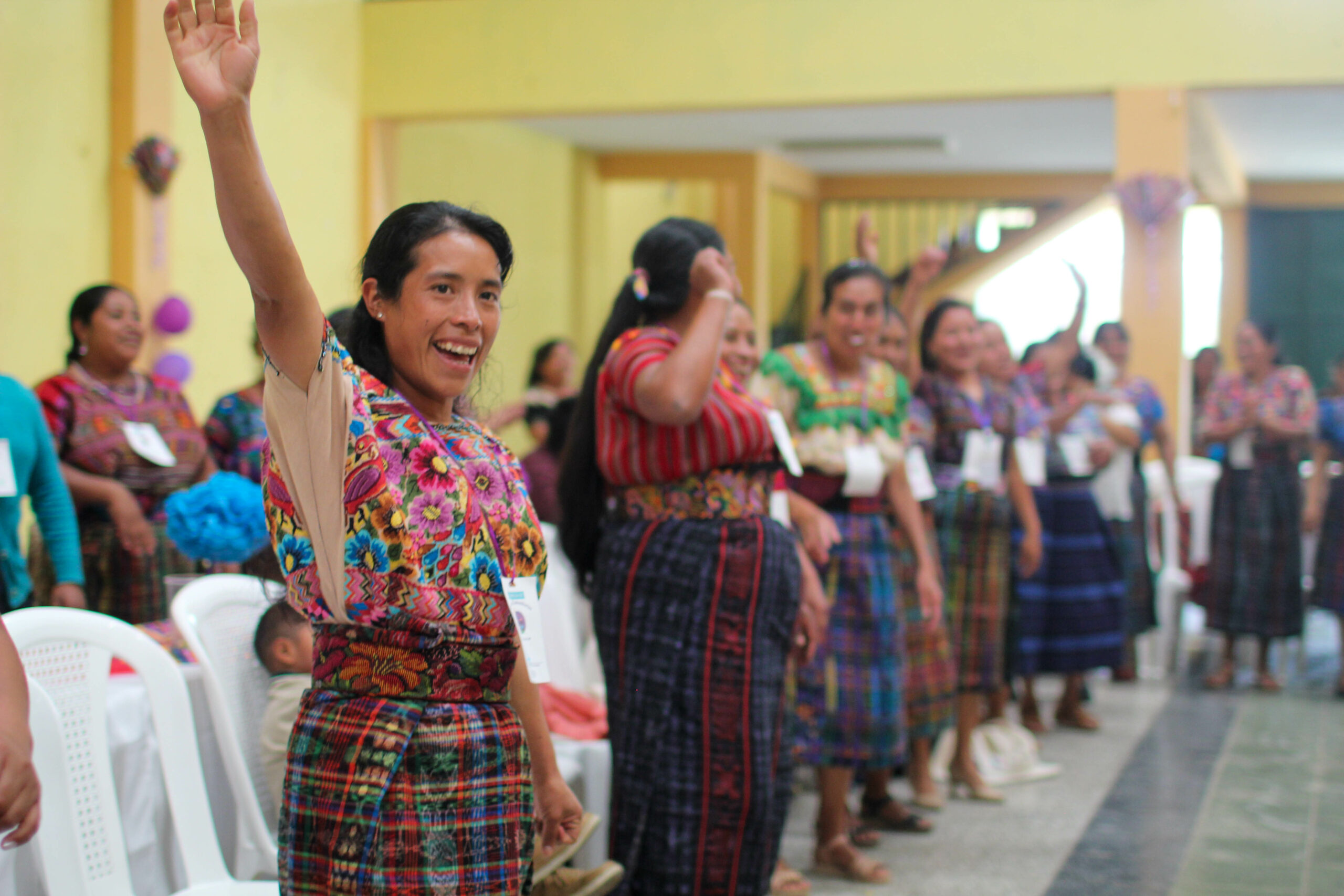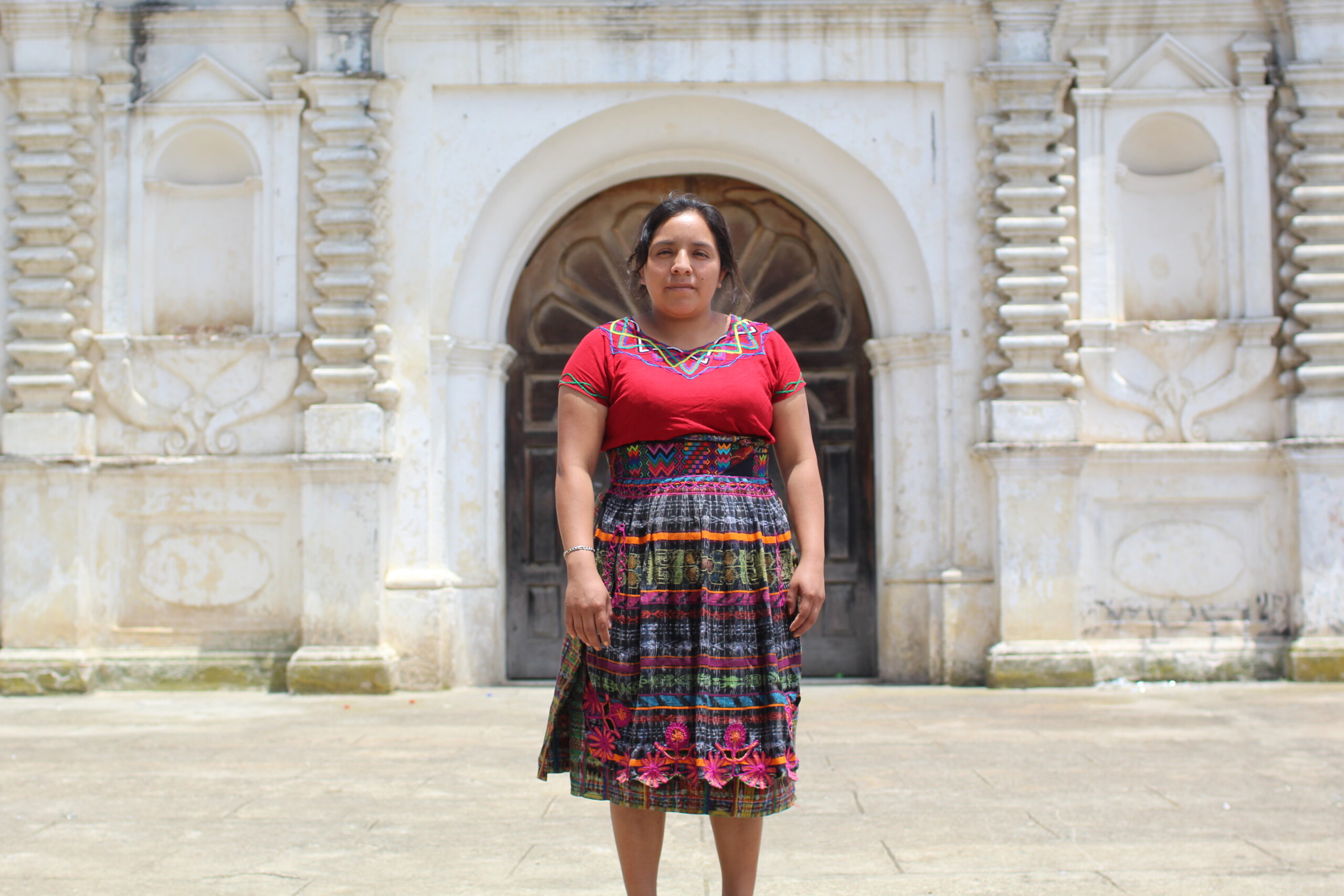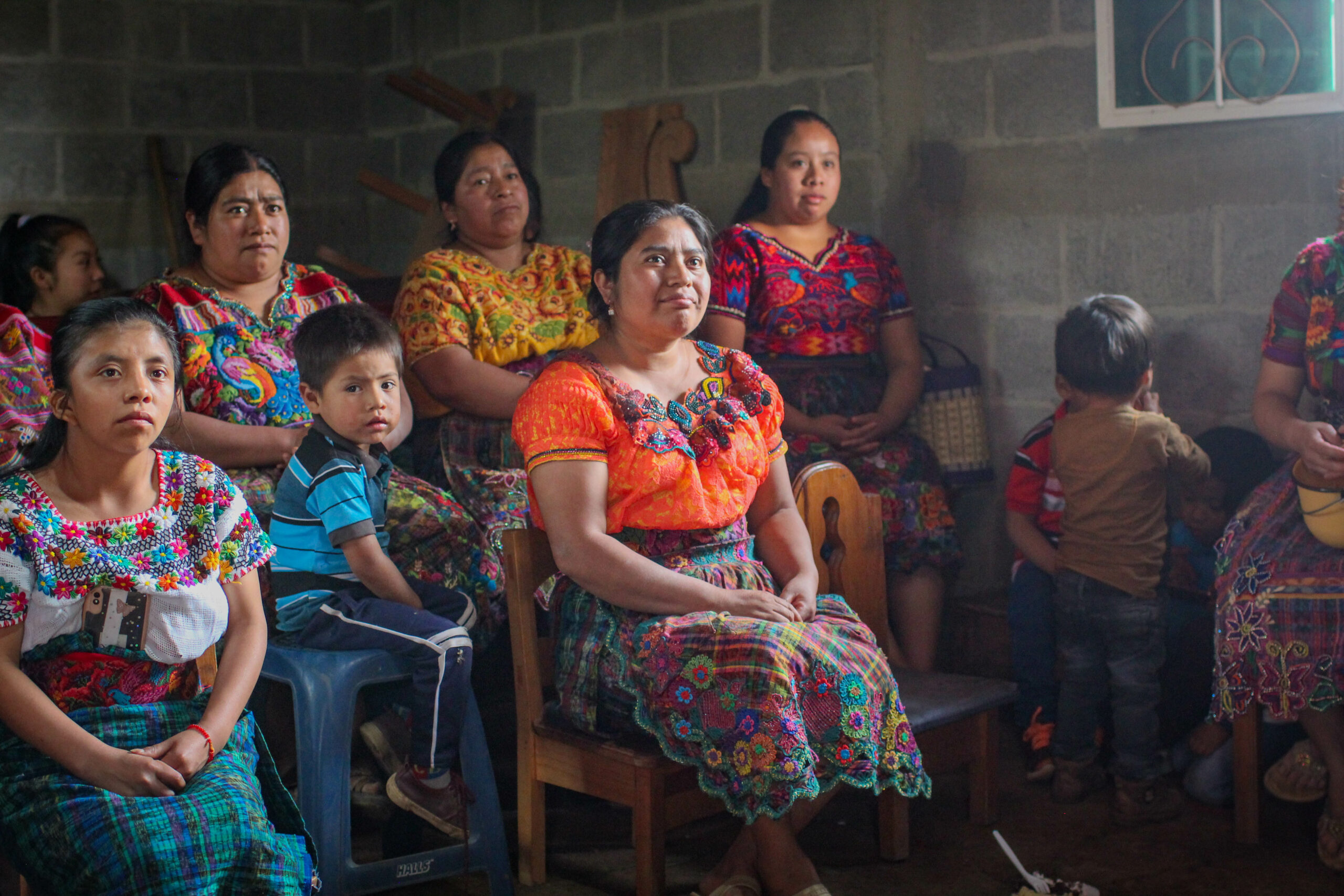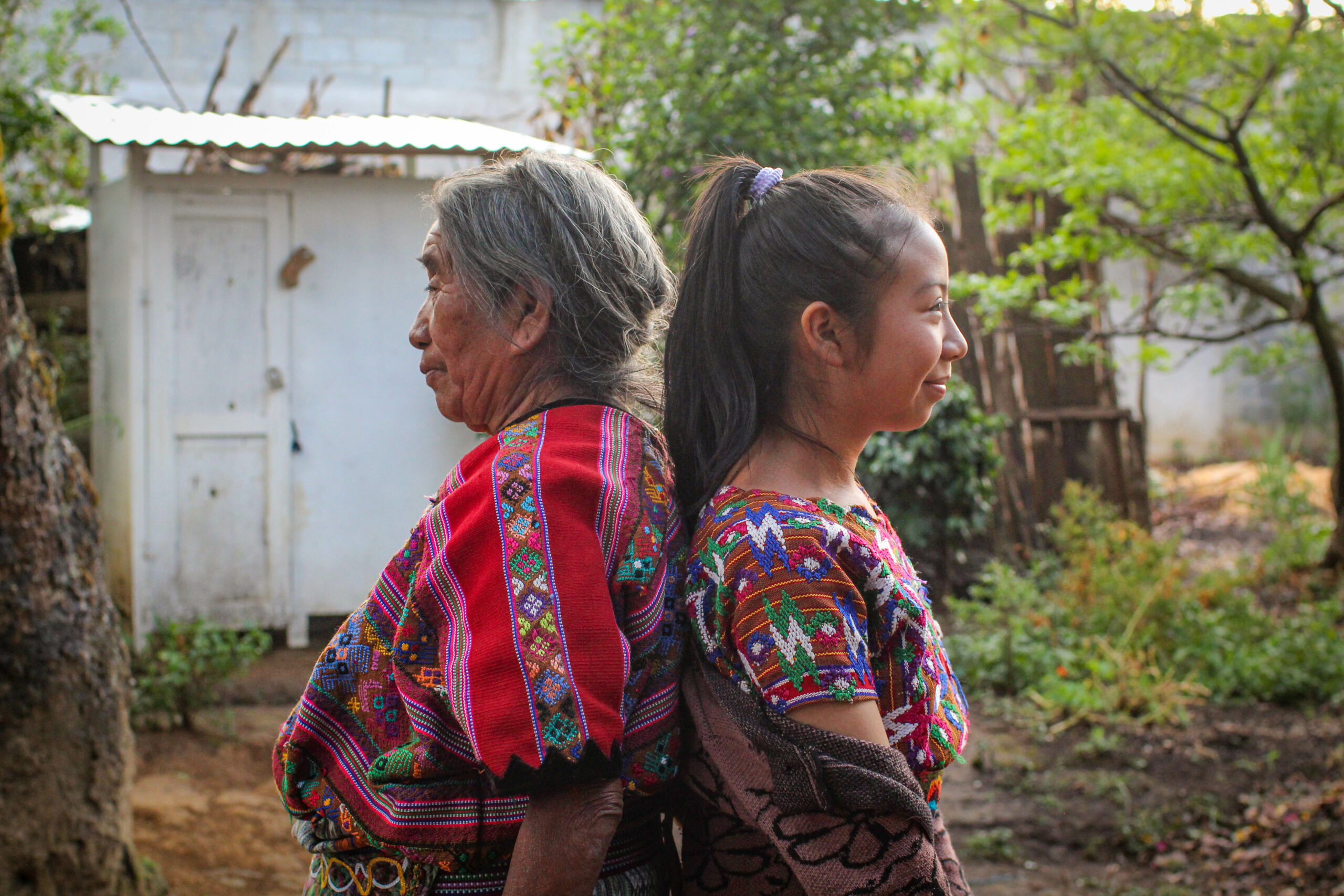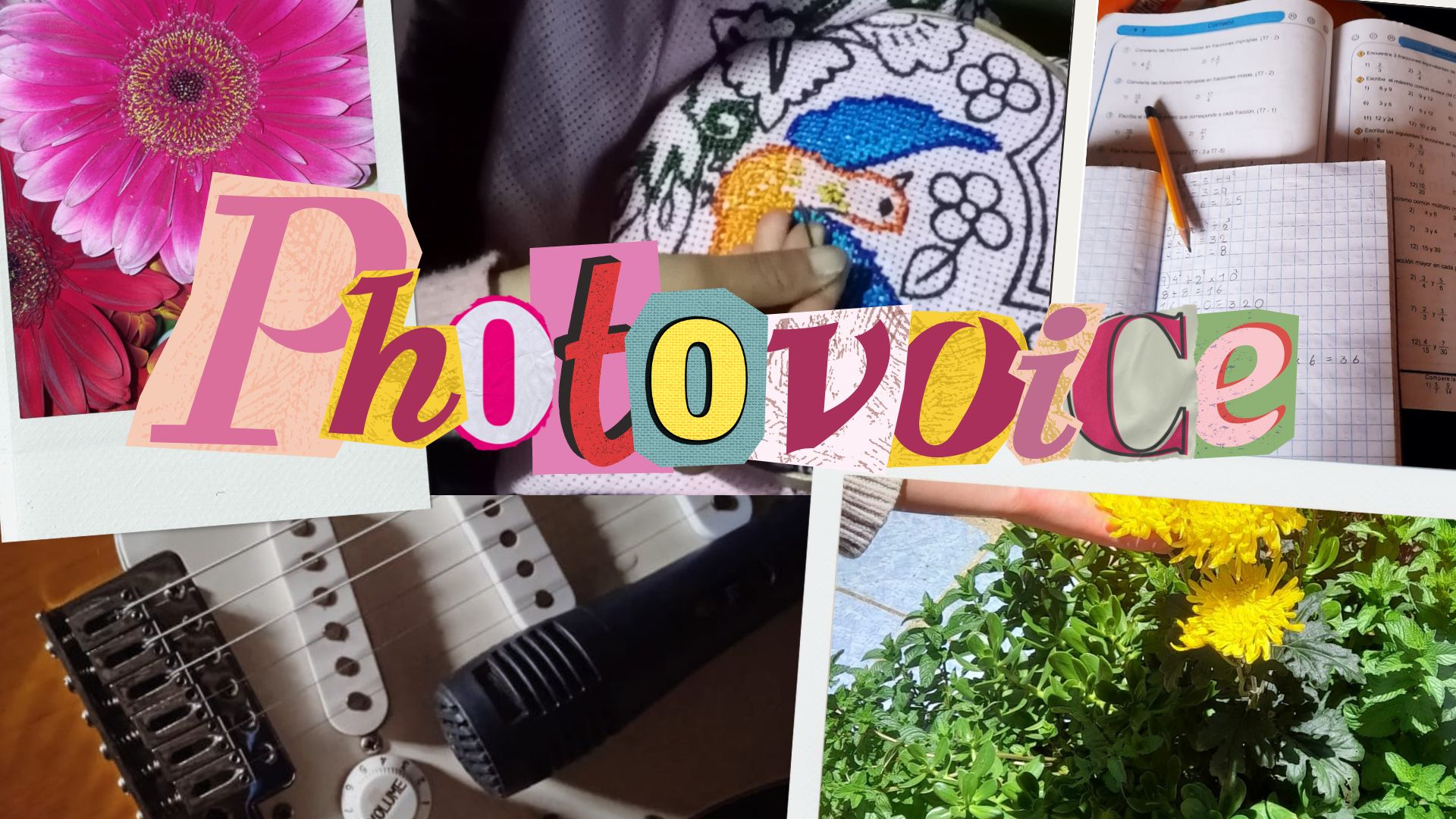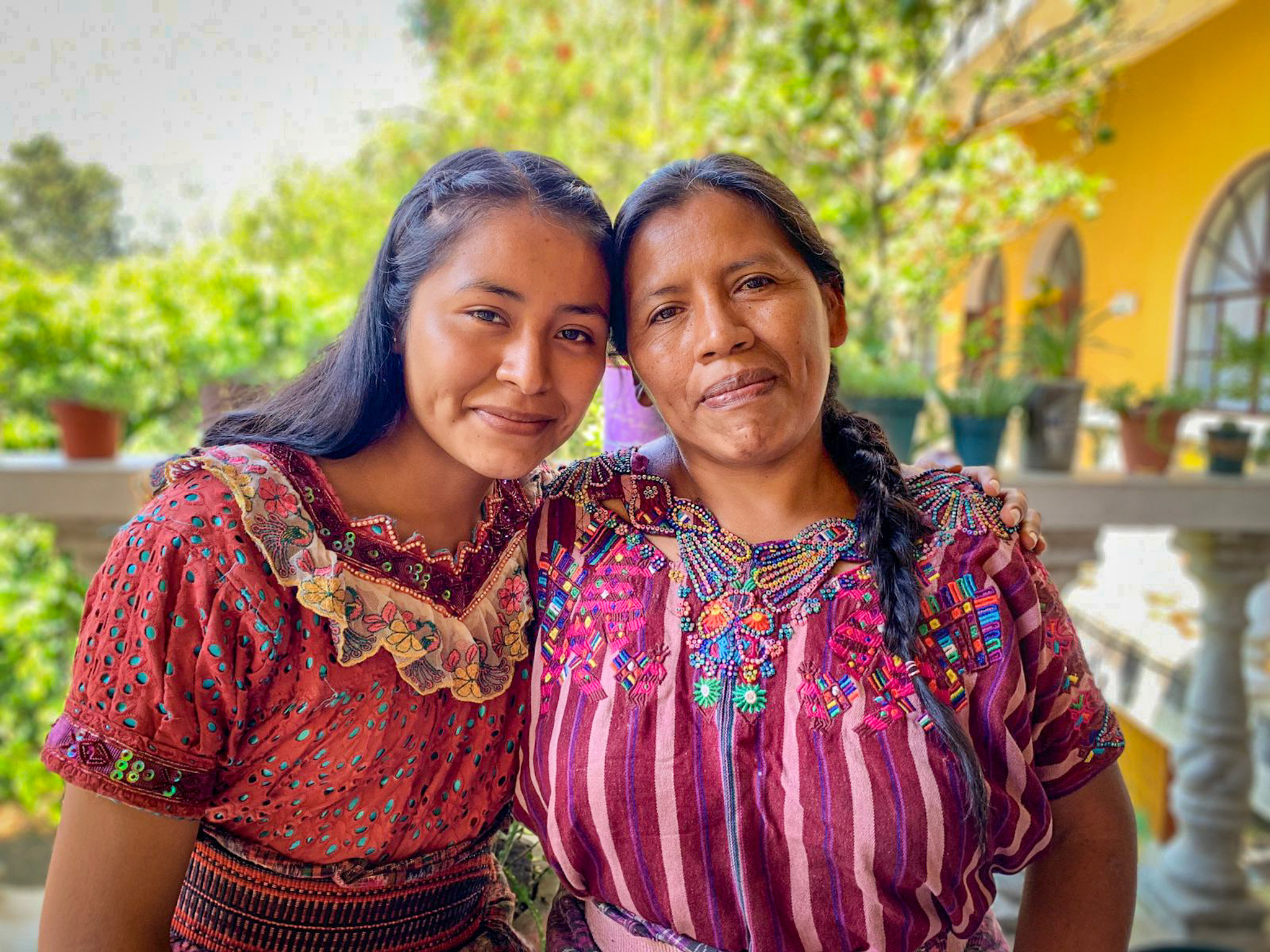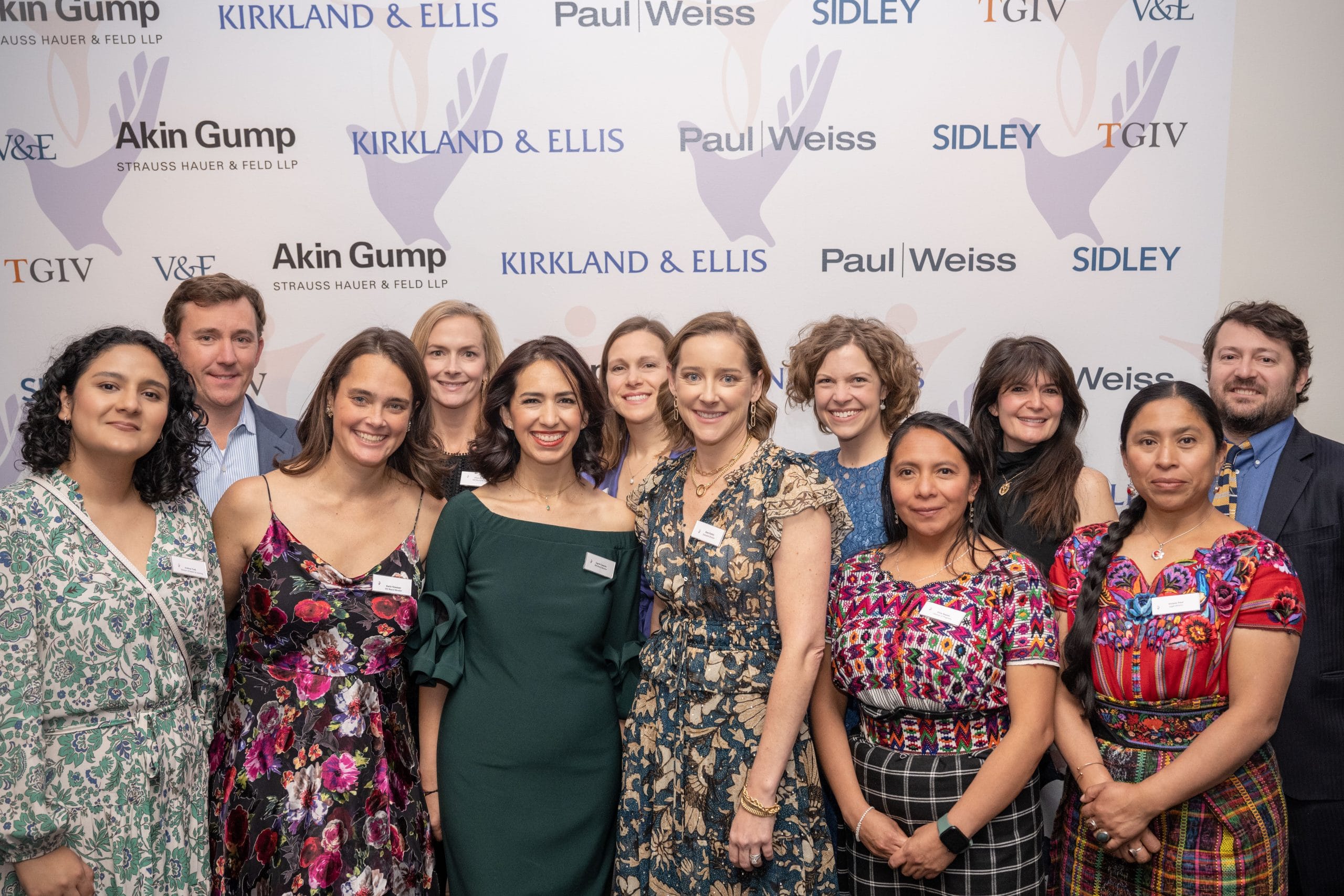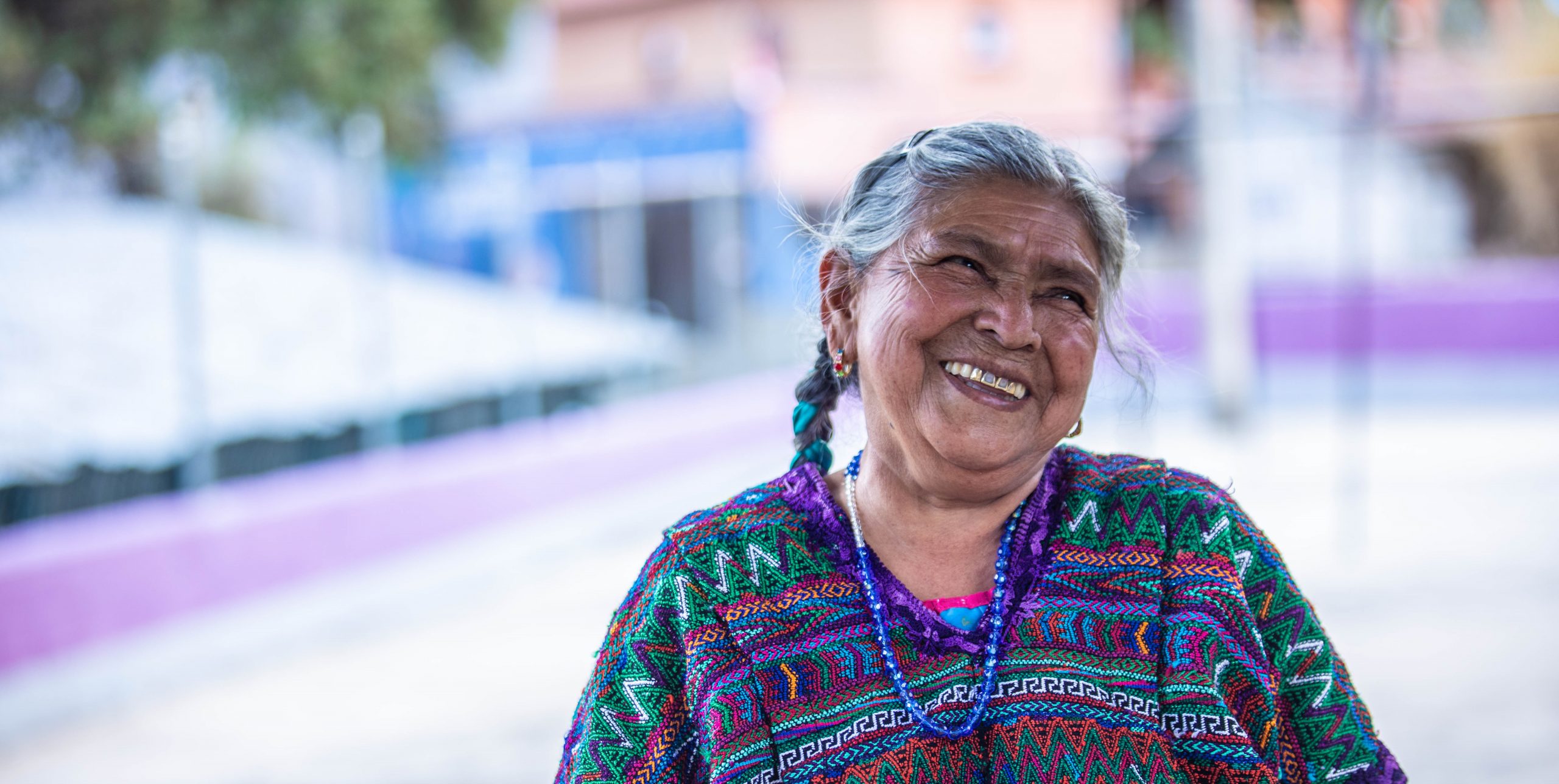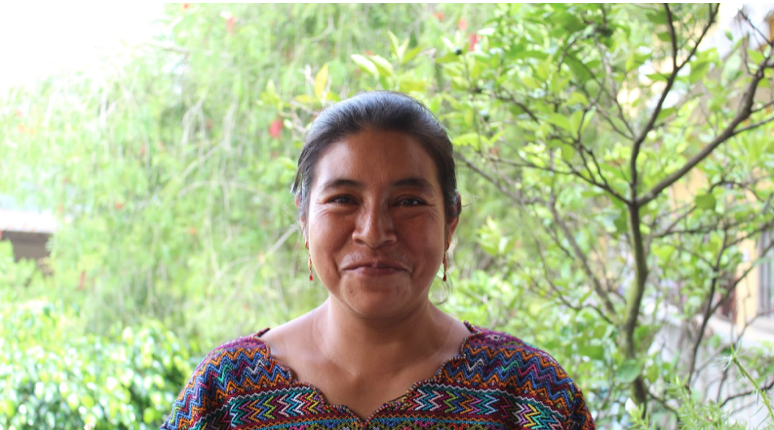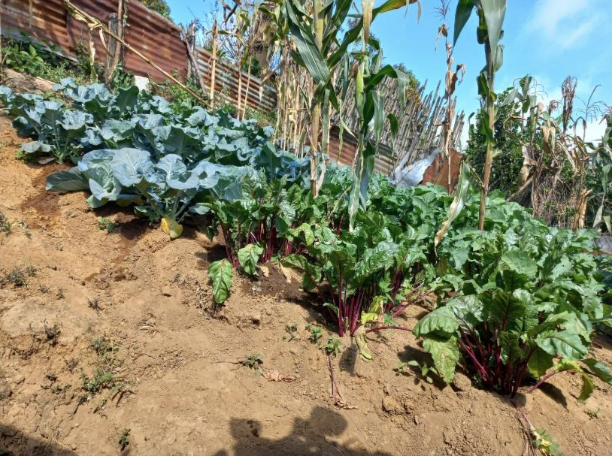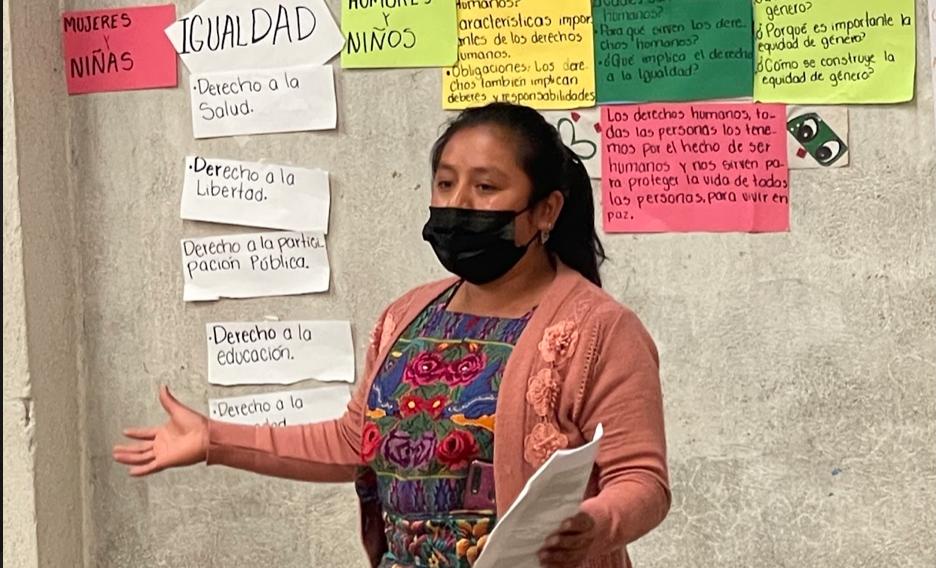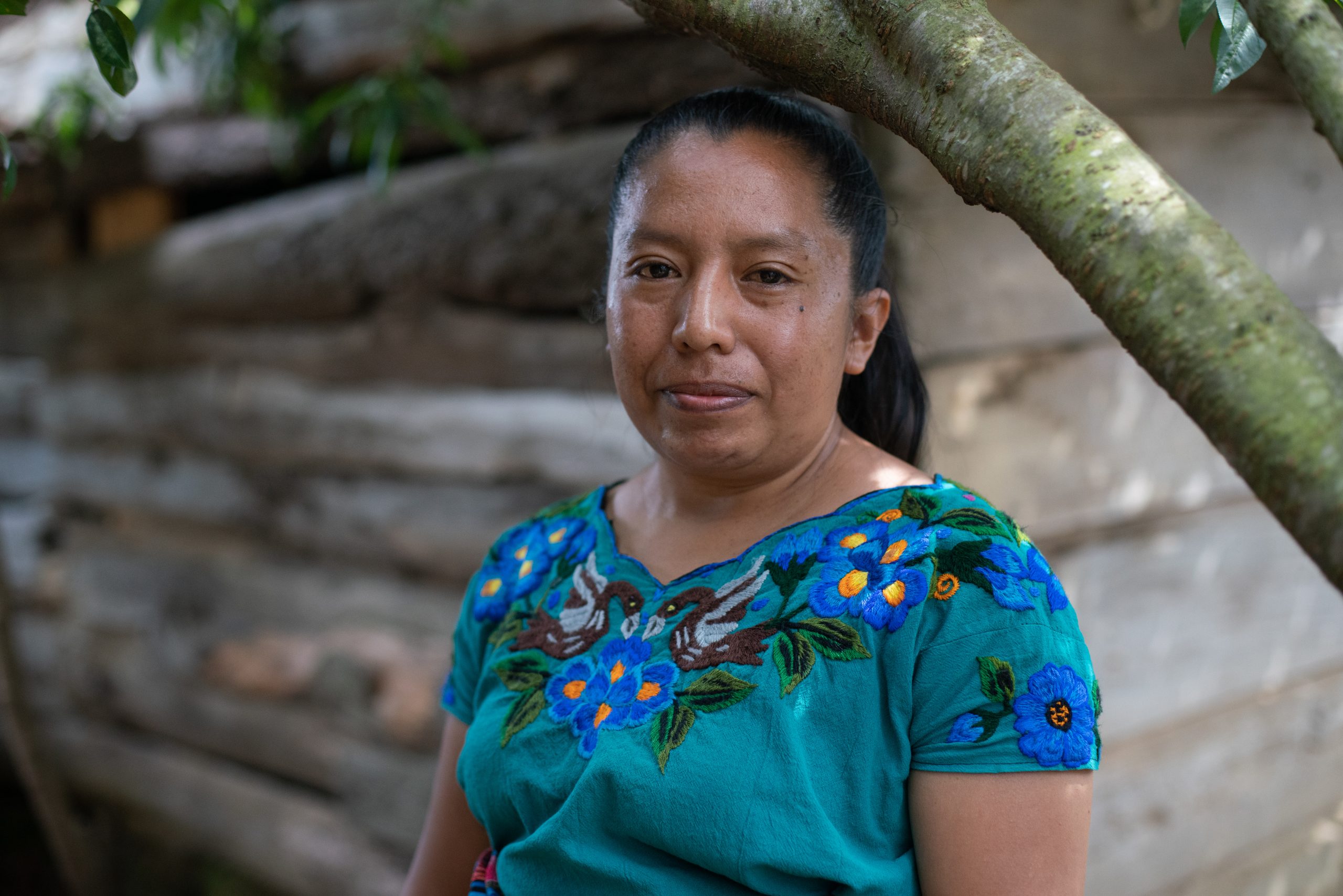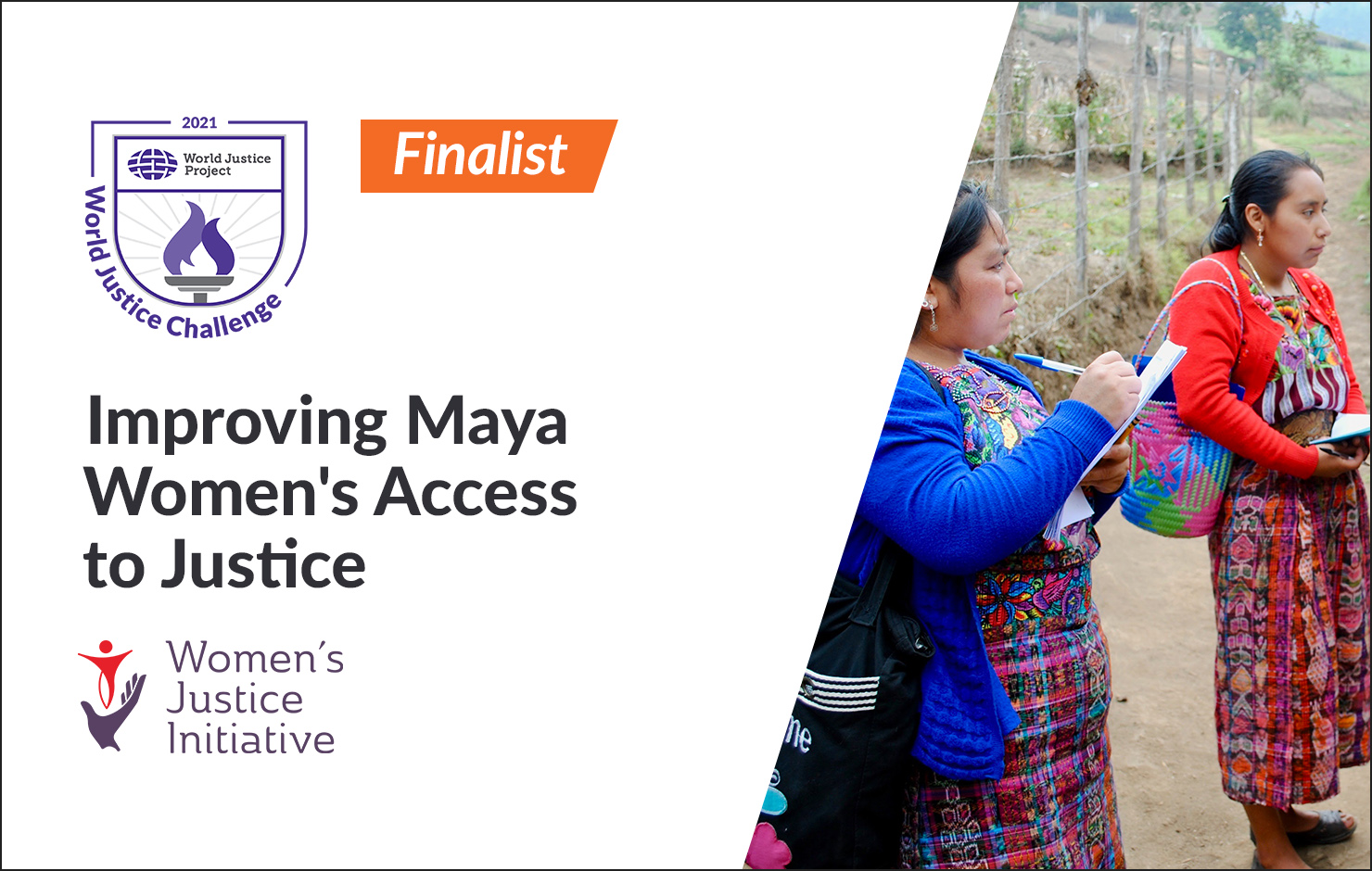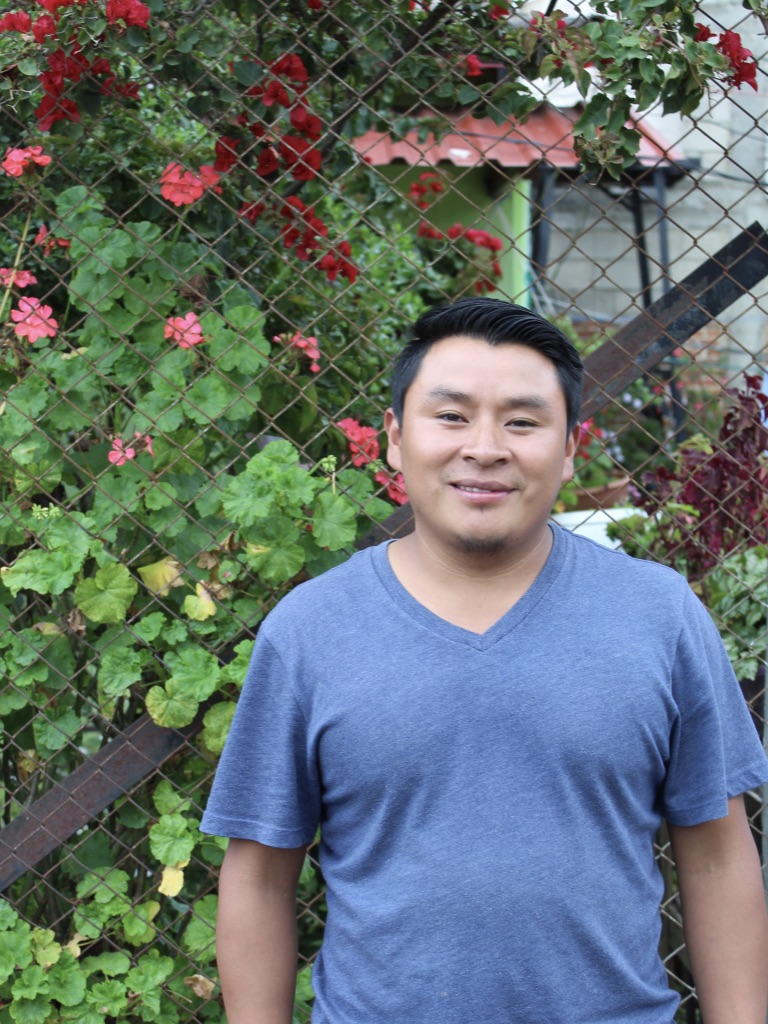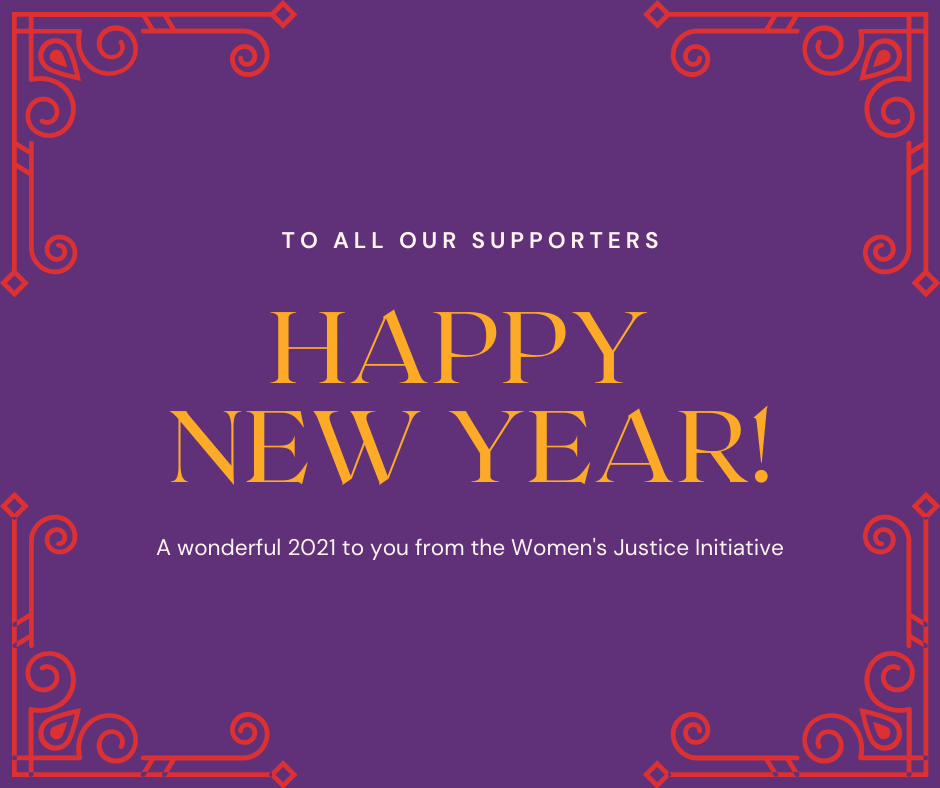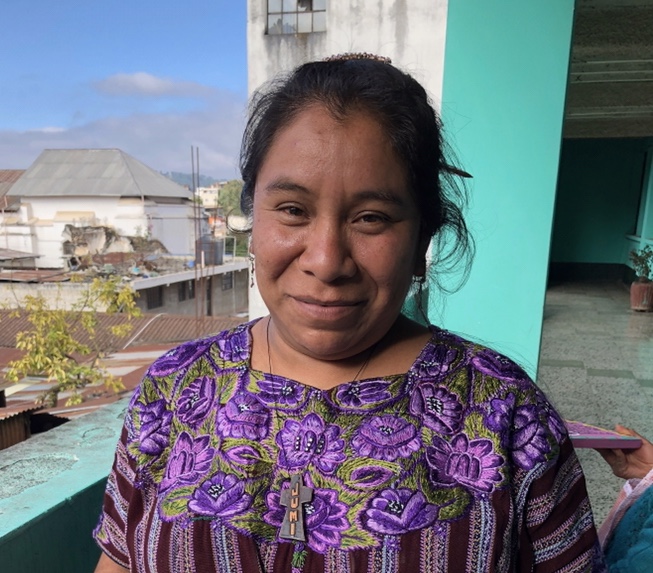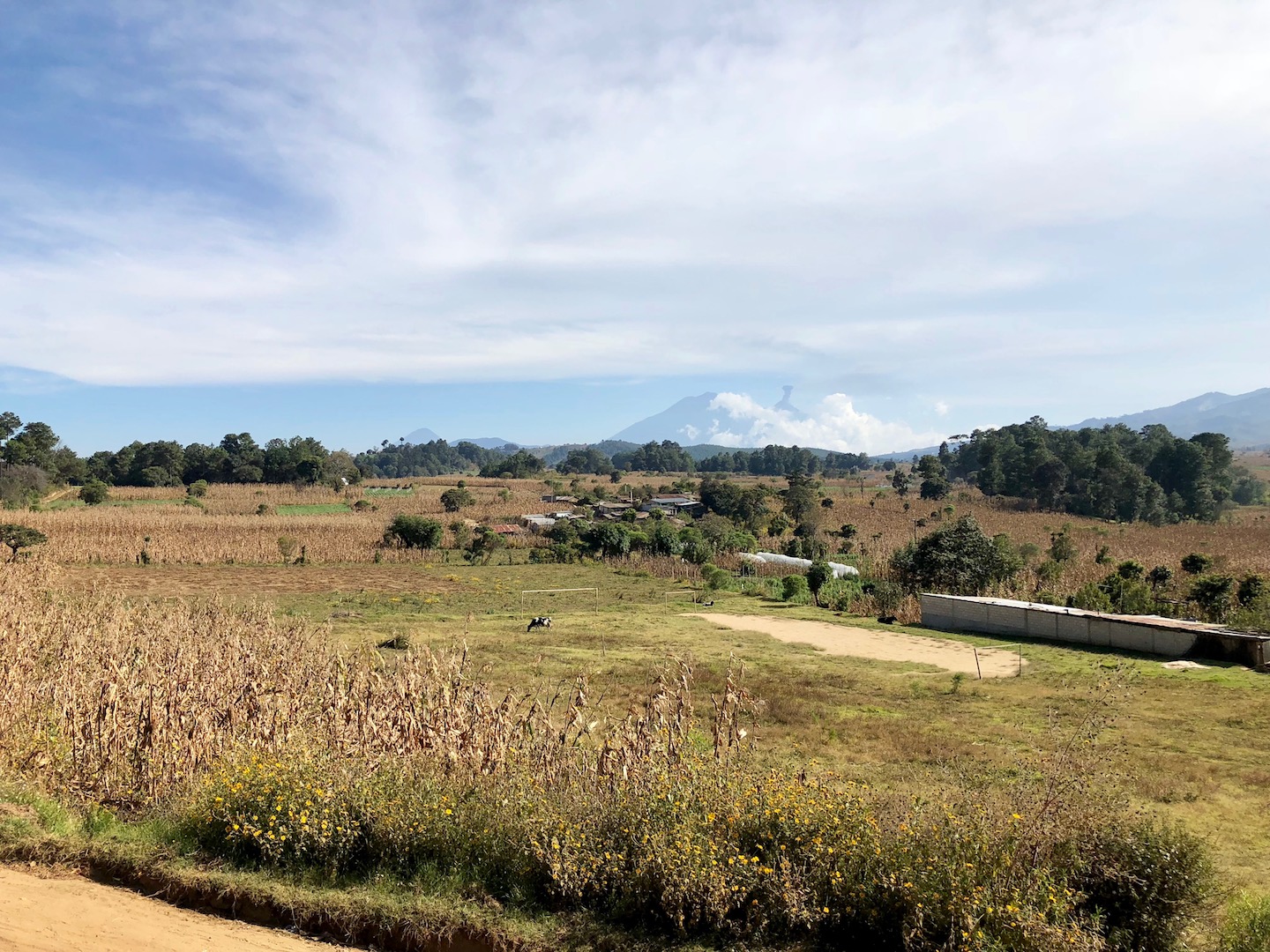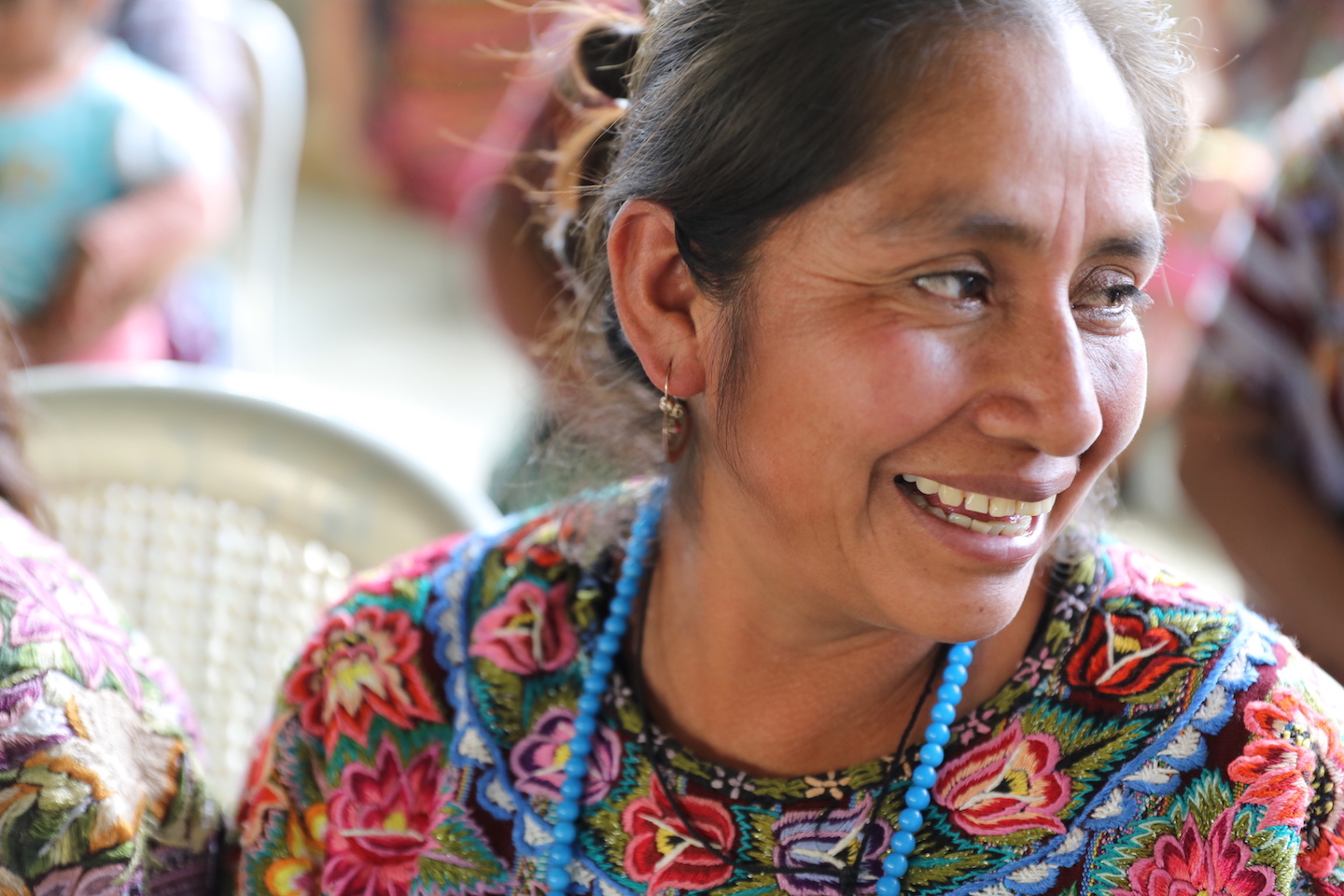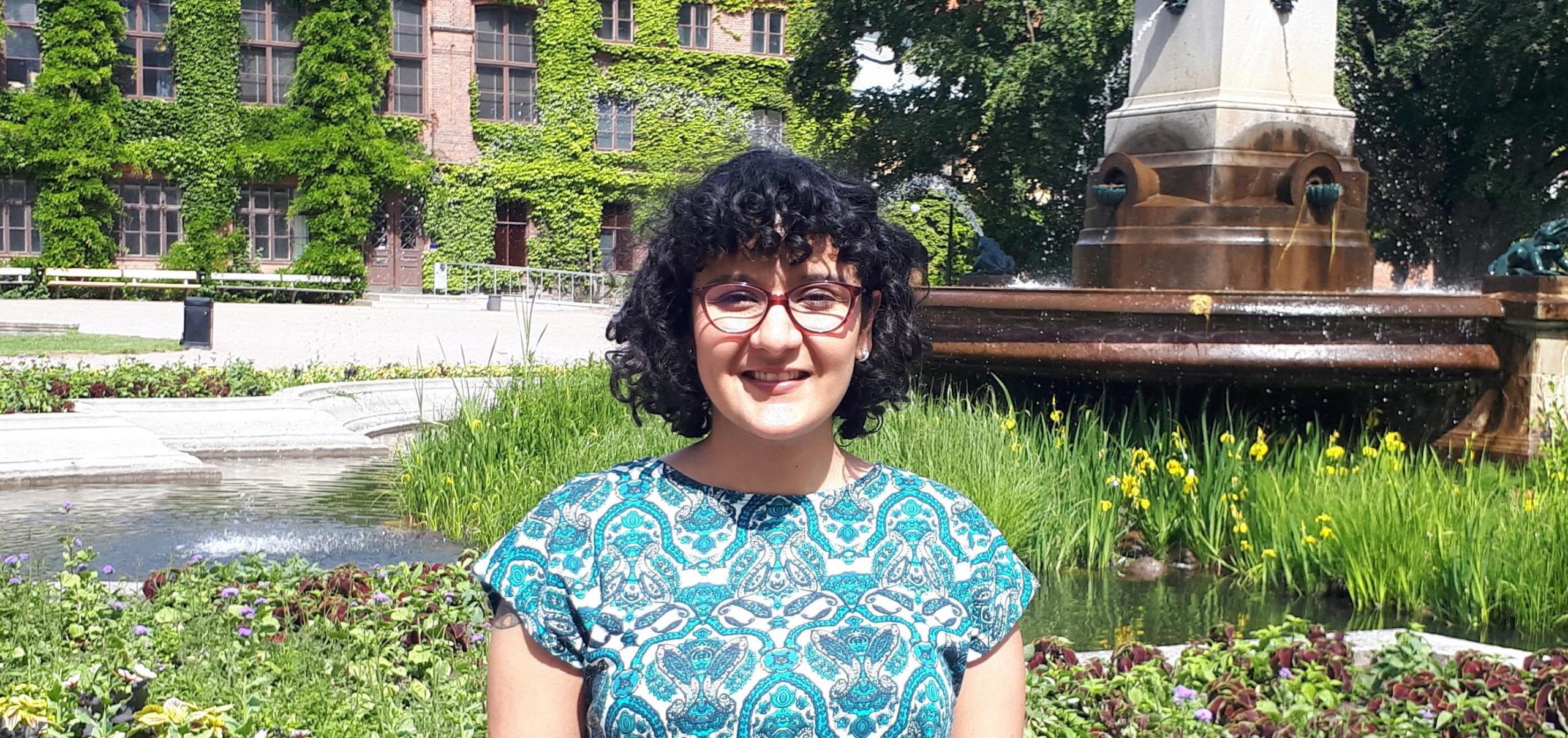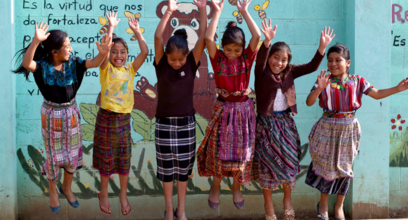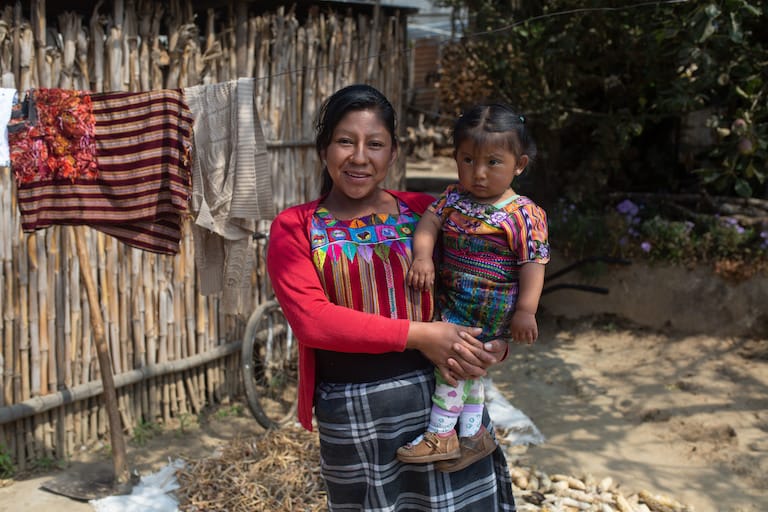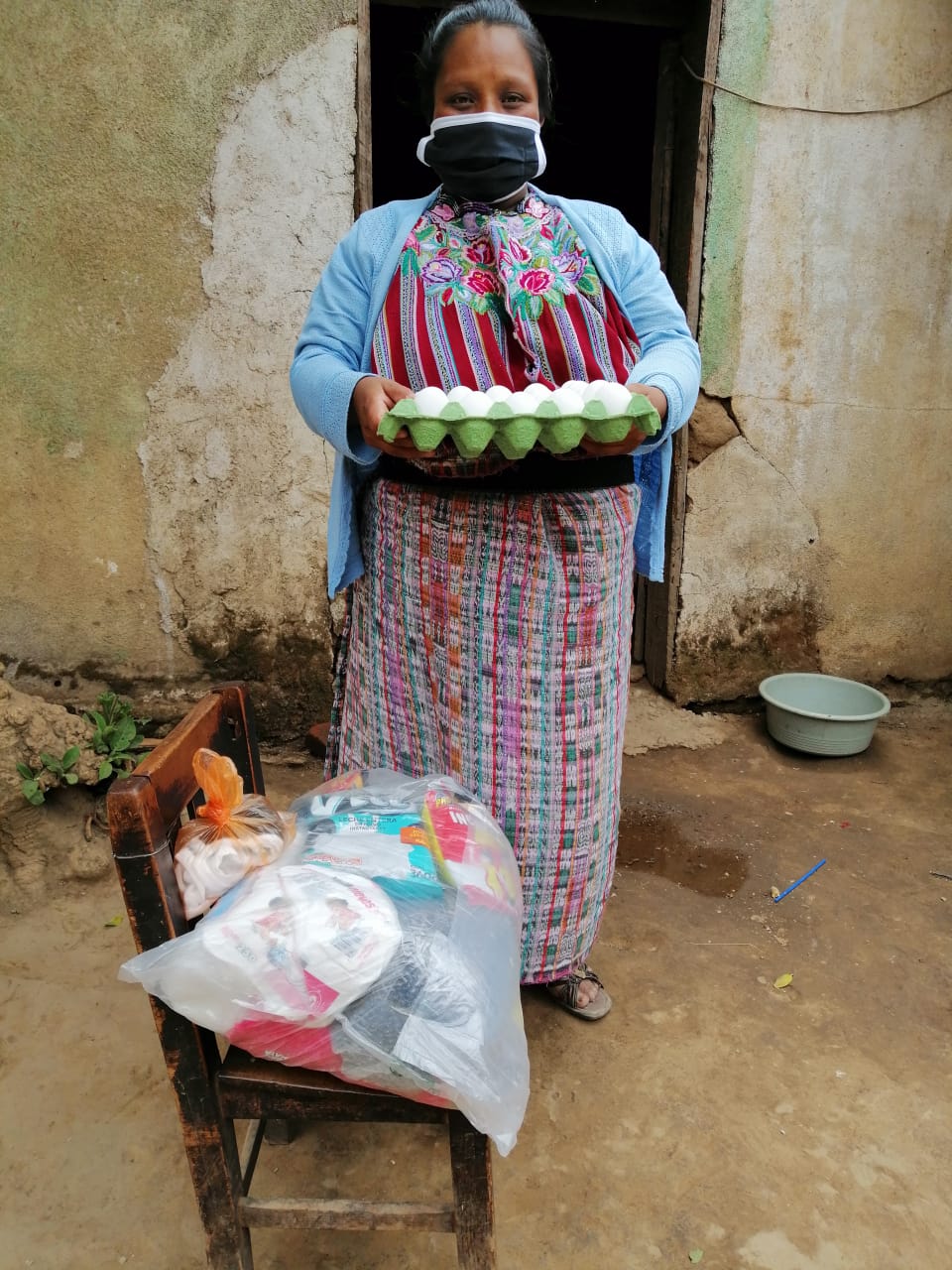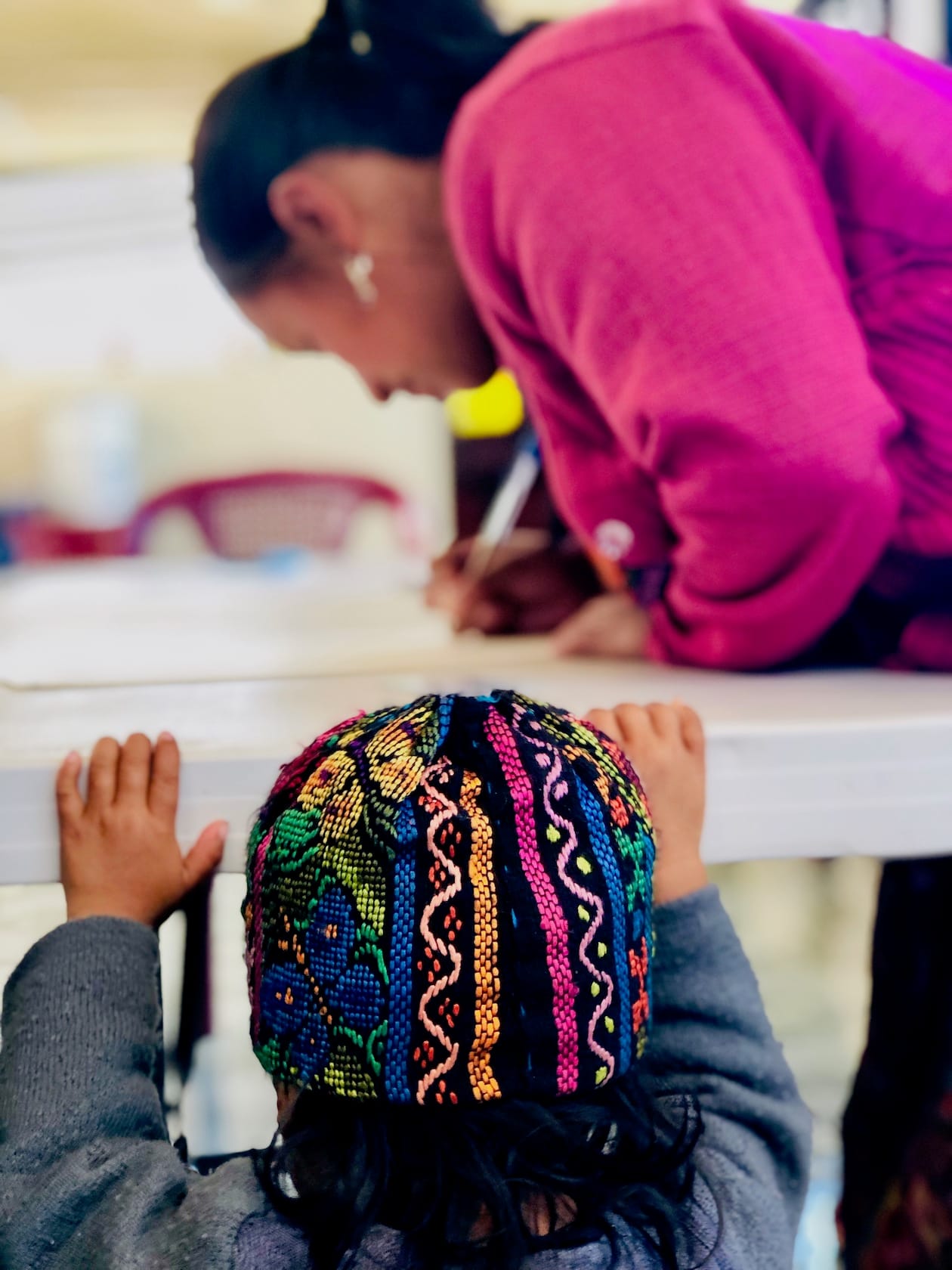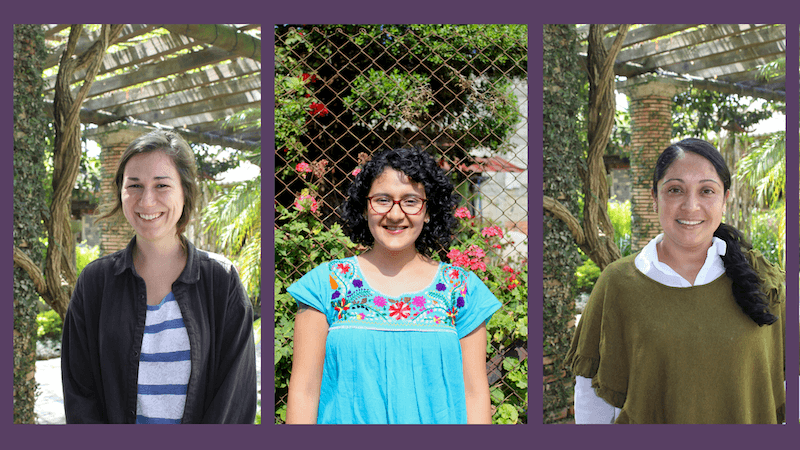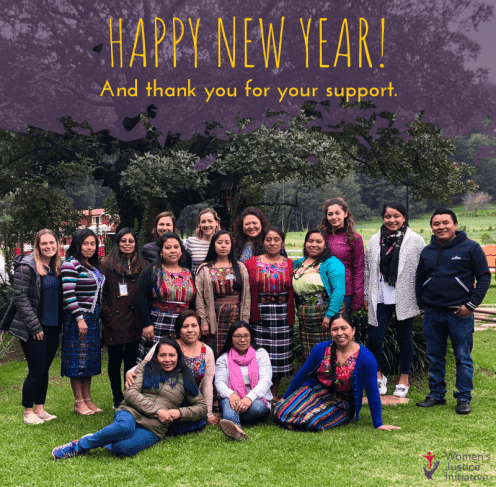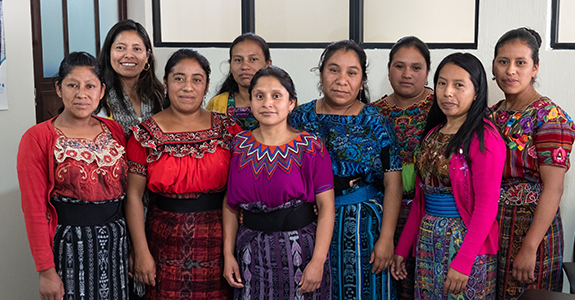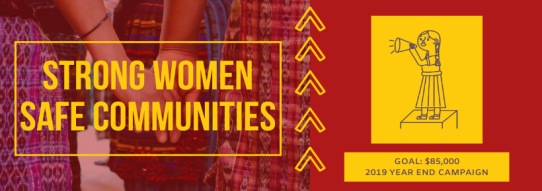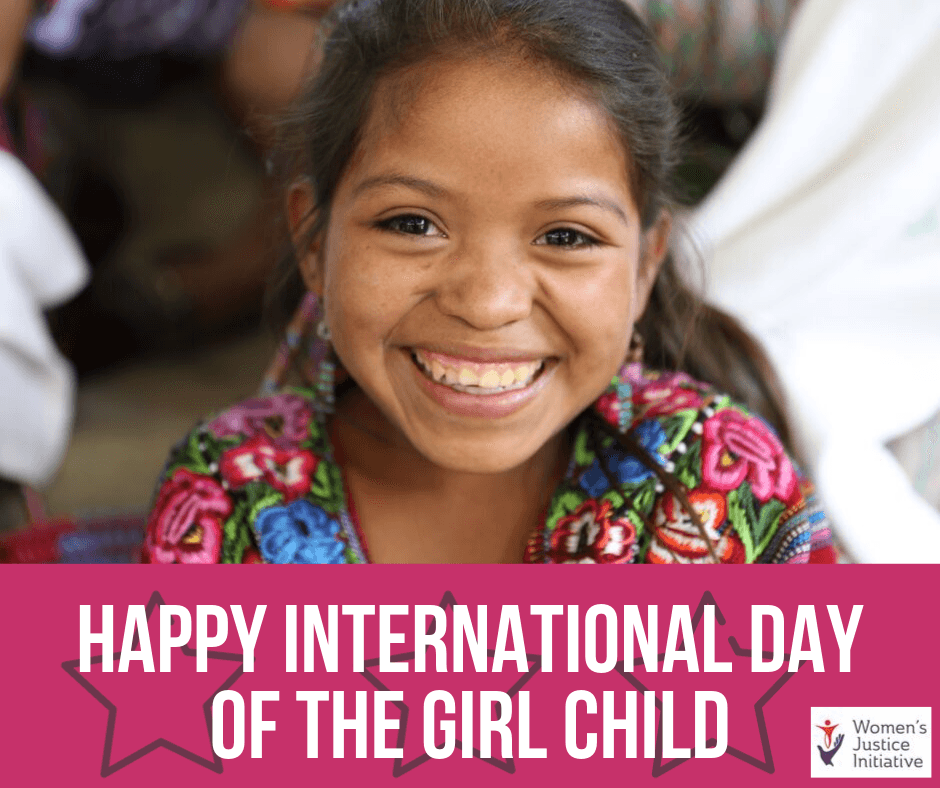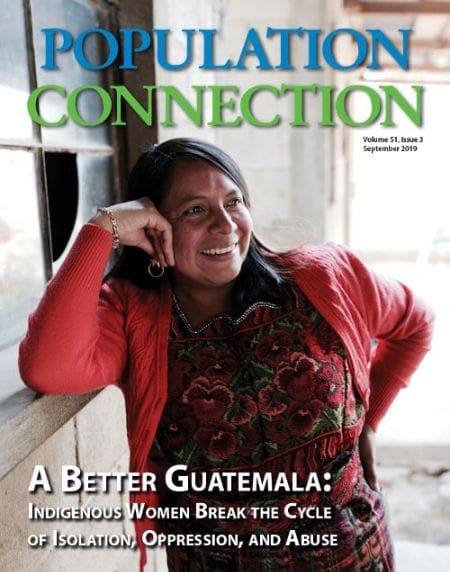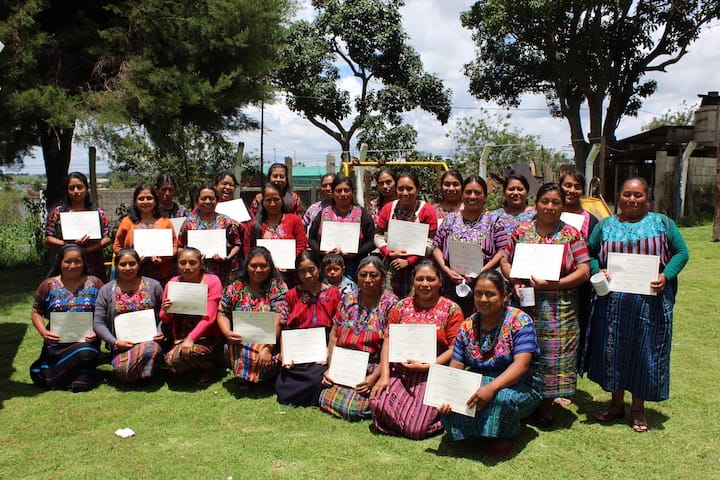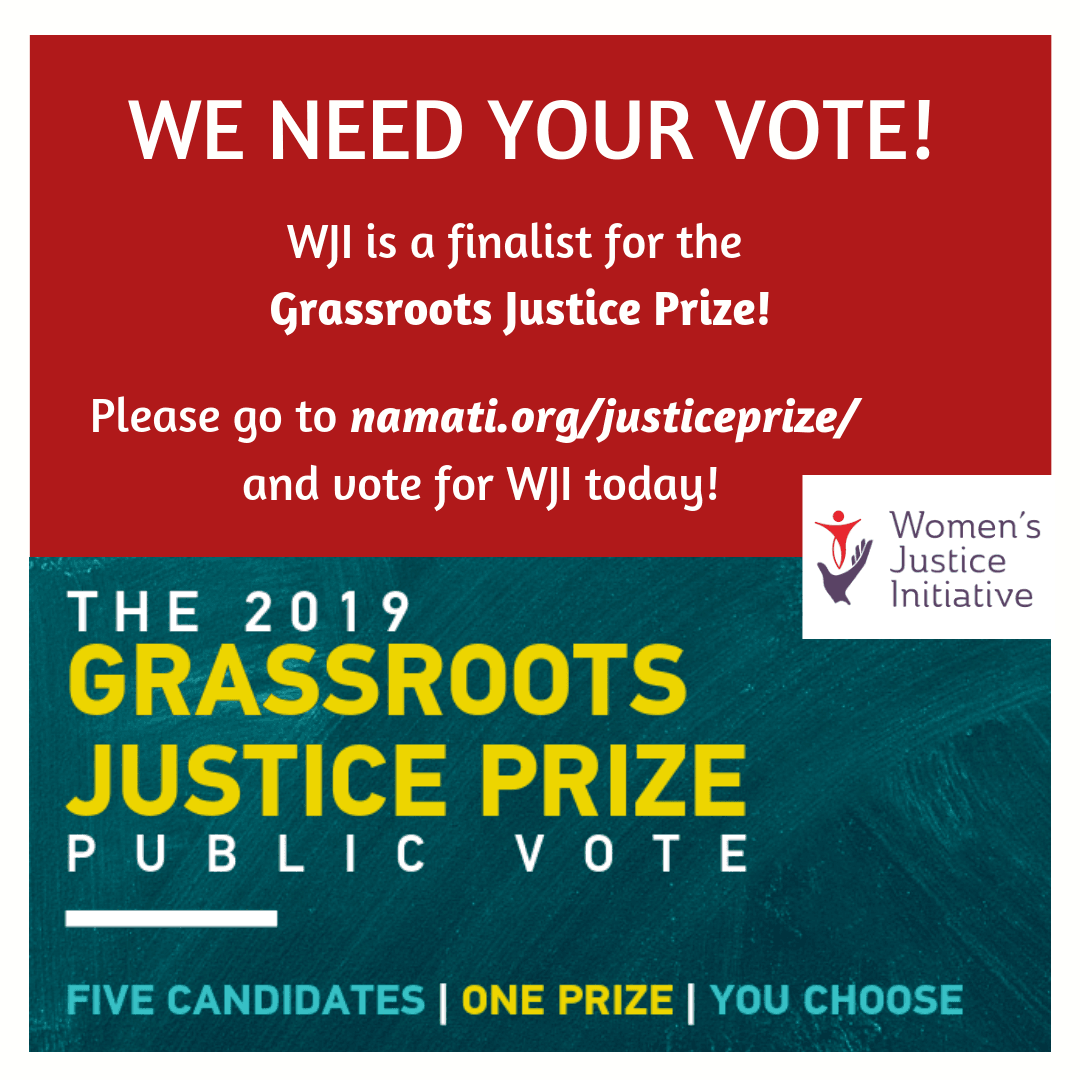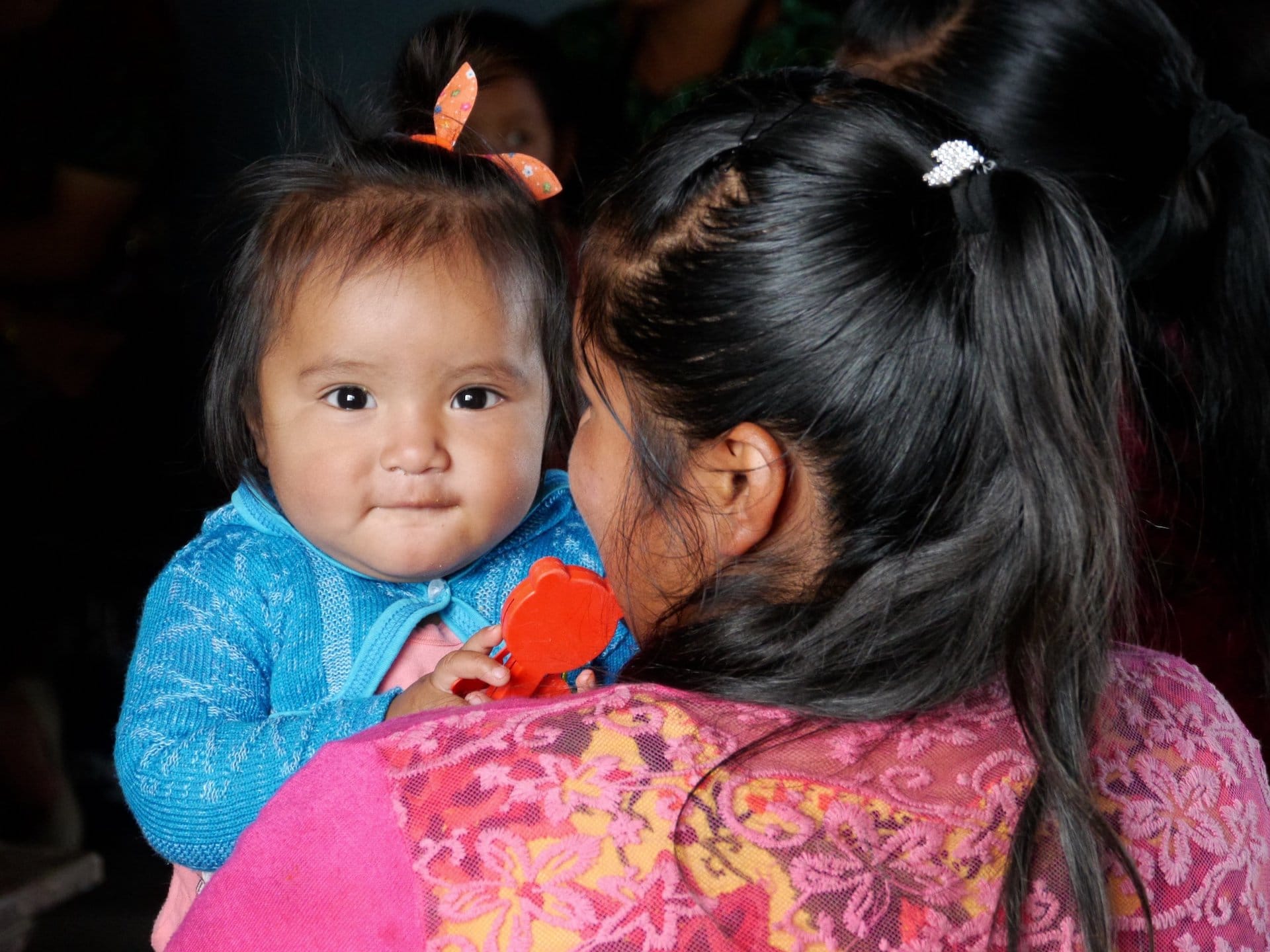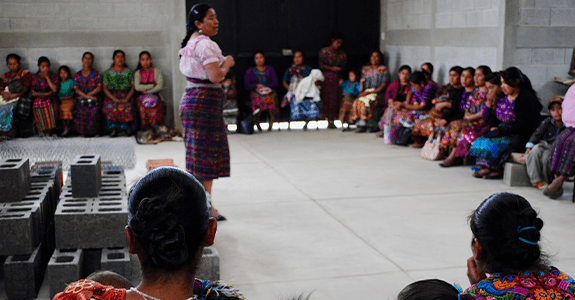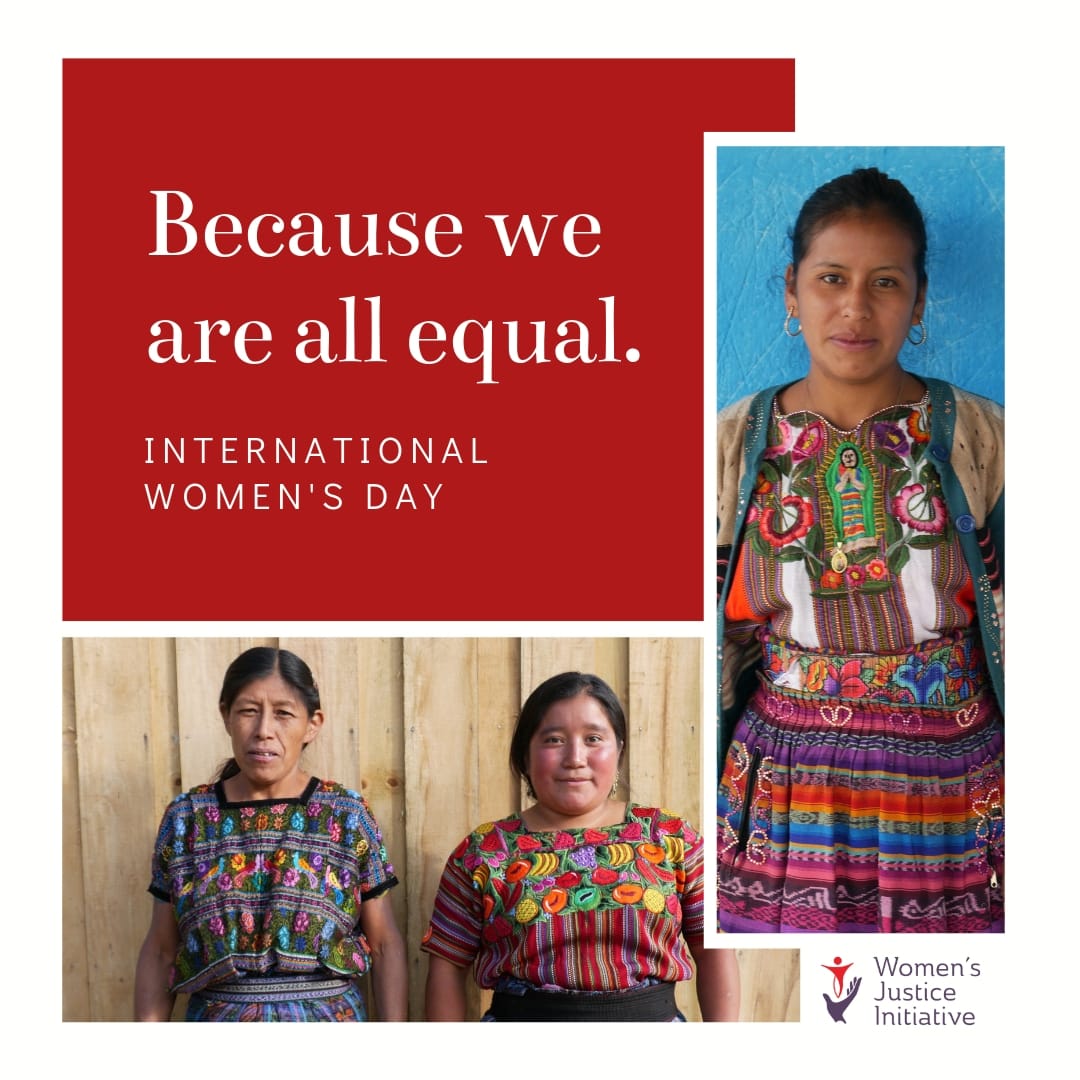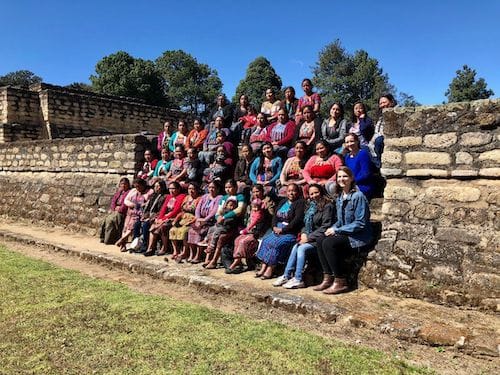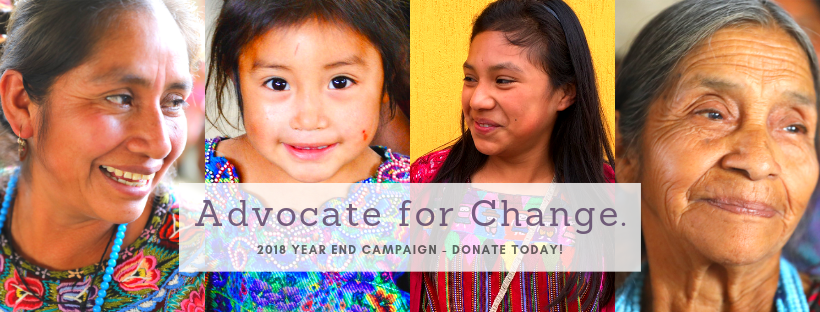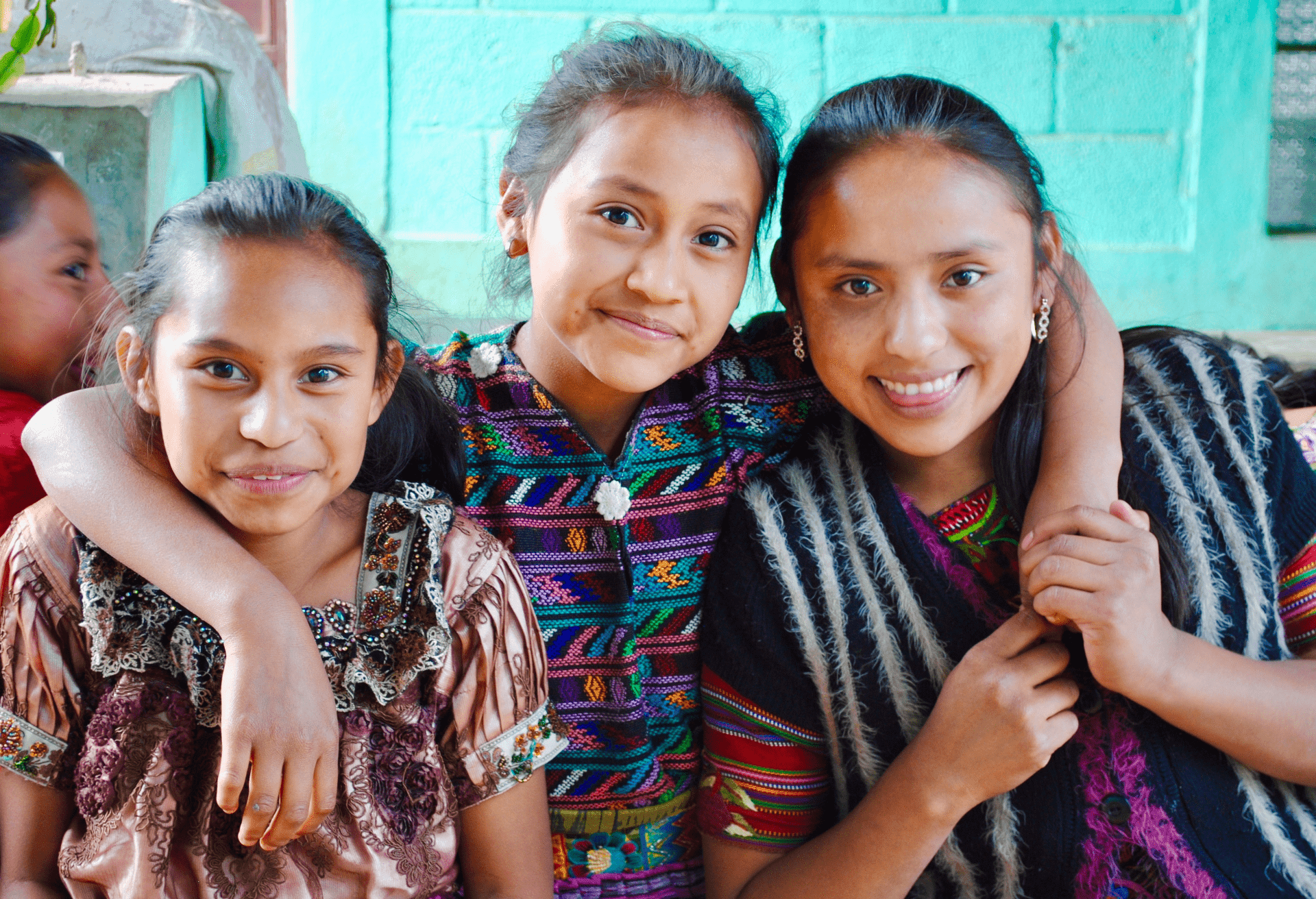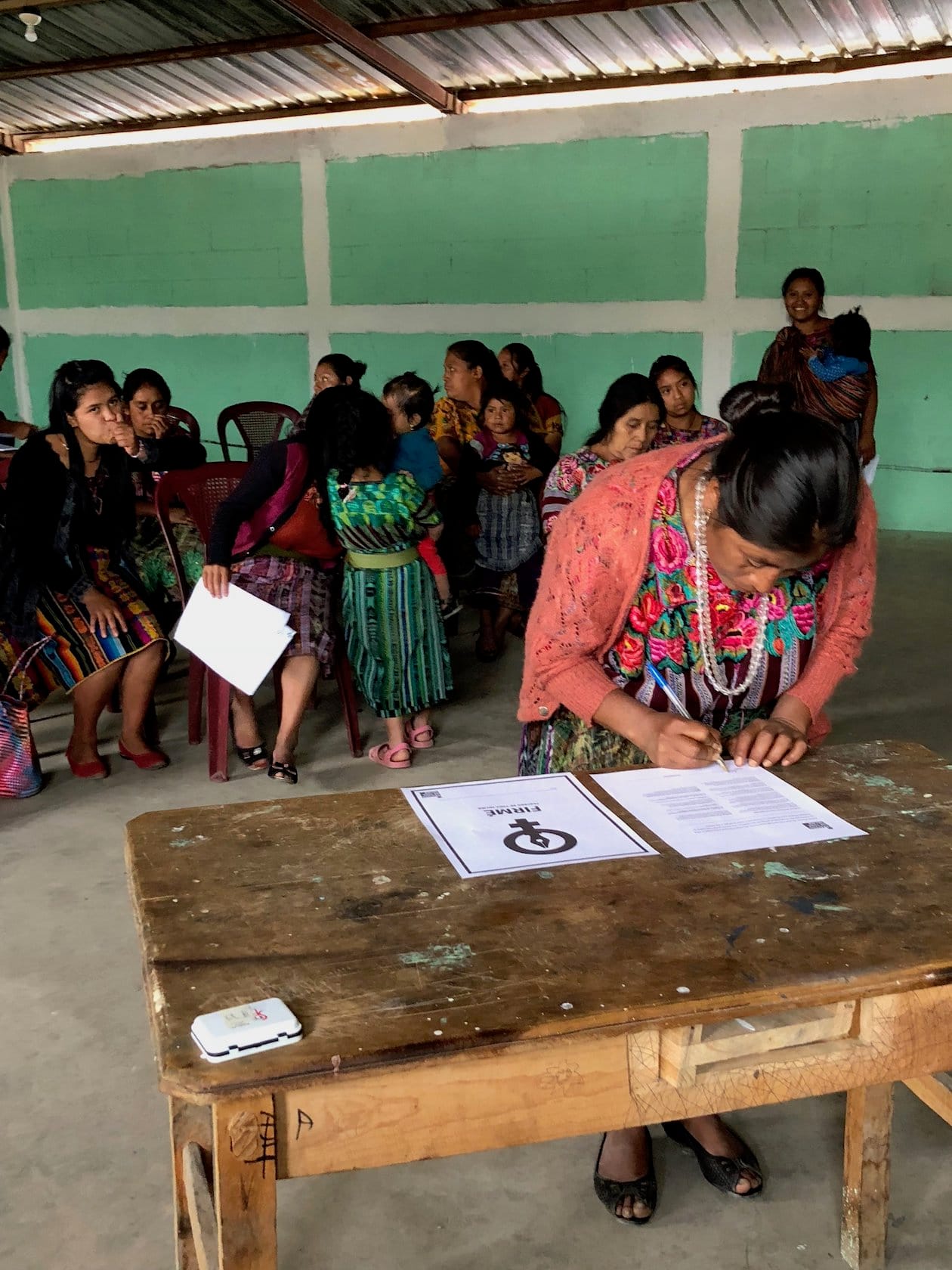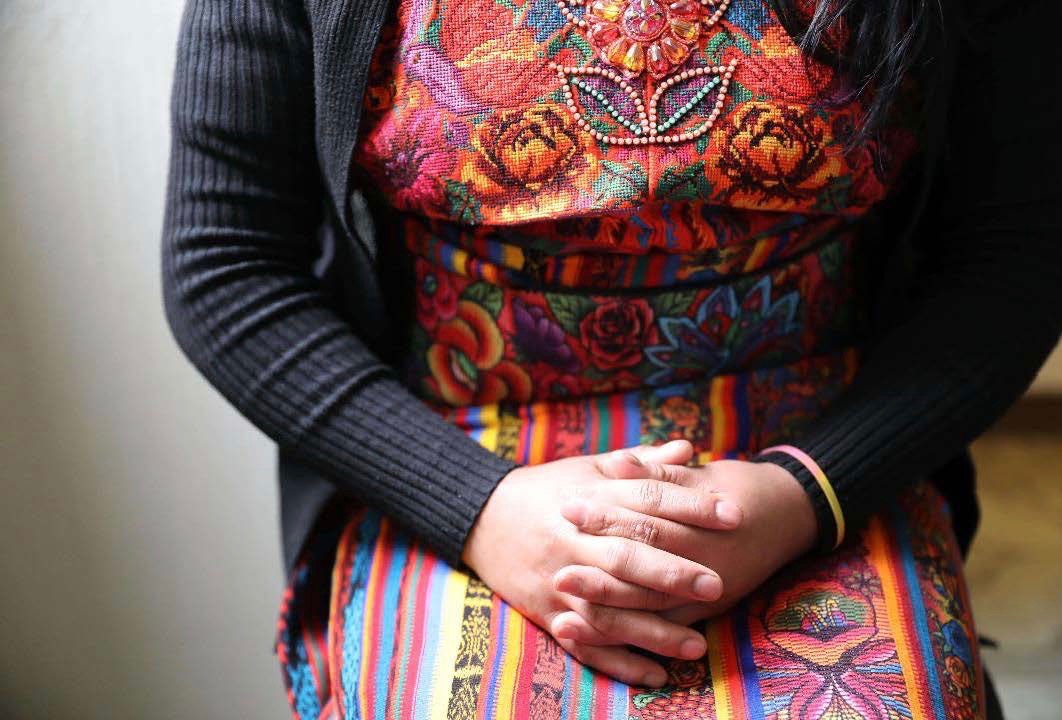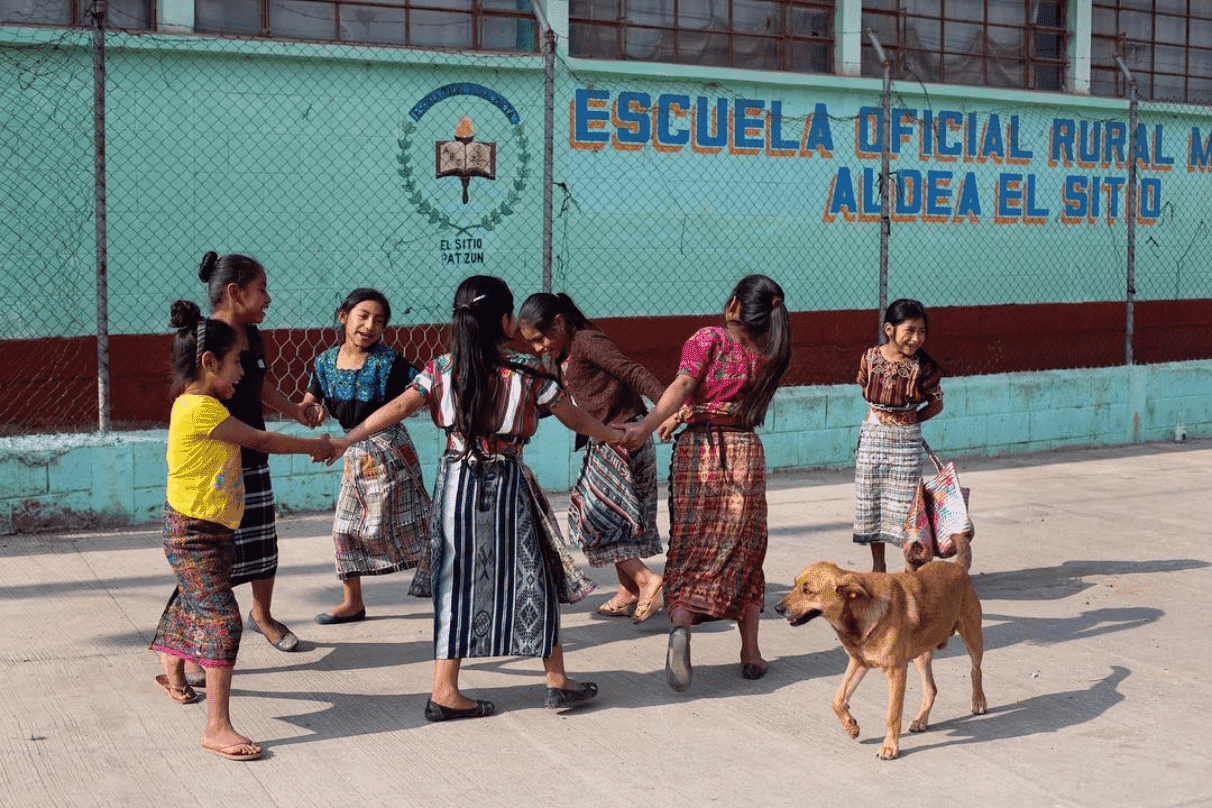Obtaining a property title, particularly for women leaving unsafe relationships, can help ensure long-term economic stability for themselves and their children.
For almost 10 years, WJI has provided legal services in over a thousand such cases. Today, we’re shedding a light on the power of property rights, and the many challenges to securing them for indigenous women in Guatemala.
Challenges to Securing Land Rights
Researchers estimate that indigenous people manage over 50% of the world’s land, while legally owning just 10% of it. Guatemala is not exempt from this issue, as the country has a long, complicated history of unequal land distribution, dating back to colonization, corporate consolidation, and the Guatemalan Civil War, which devastated rural, indigenous communities for 36 years. The United Nations Development Program now estimates that 70% of farmland in Guatemala is still run by non-indigenous men and only 23.6% of farmland is controlled by indigenous people in general (who comprise over 40% of the country’s population).
The situation is particularly bleak for women, as they make up only 7.8% of the landowners in Guatemala, mainly due to a lack of policies and programs to fortify women’s land ownership and traditional gender norms that prioritize land inheritance for male family members. One can imagine how the situation is only compounded for individuals who have both female and indigenous identities. In Patzún specifically, the indigenous community in which WJI has its headquarters, 73% of homes are owned by men, compared to only 20% by women and 6% by both partners.
Benefits of Indigenous Women’s Land Ownership
The positive impacts of indigenous people’s and women’s land ownership are plenty and well-known. Indigenous communities, especially indigenous women, hold inter-generational knowledge of how to care for their land. Research in the Petén region of Guatemala has shown that when indigenous people have formal rights and control over their land, deforestation and carbon emissions decrease significantly. Studies have also shown that when women control land, agricultural yields increase. Furthermore, in countries where women have the right to own land, there are about 40% fewer malnourished children than in countries that deny women this right.
At the individual level, formal access to land can help women escape abusive relationships and establish a financially secure future for themselves and their children. Data has shown that women who own land are 8 times less likely to experience domestic violence. As such, securing land rights has been proposed as a key method to ending violence against women and girls, a core component of WJI’s mission.
WJI’s Defense of Property Rights
For all these reasons, WJI offers women free land titling services and legal services for inheritance cases. Since 2011, WJI has worked on over 1101 property rights cases and secured land titles for 132 indigenous women across five municipalities in the Western Highlands of Guatemala.
As part of WJI’s holistic model, providing land titling services also improves community participation in WJI’s educational programs. Before WJI began programming, up to 64% of women in some partner communities reported that they had to ask their husbands for permission just to leave the house. The opportunity to gain a land title encourages more men to allow their wives to participate in WJI’s workshops. In turn, these women increase their knowledge of their rights, develop leadership skills, and further expand the economic opportunities available to their families.
Many women who worked with WJI to obtain a land title say that securing property rights fundamentally changed their lives. Says one client,, “[Getting a land title] was not only an economic transformation but also a personal one. Now I don’t feel afraid. I have more security and freedom in my life.” WJI is proud to provide this vital service to indigenous women in rural Guatemala, helping build power for generations to come.
